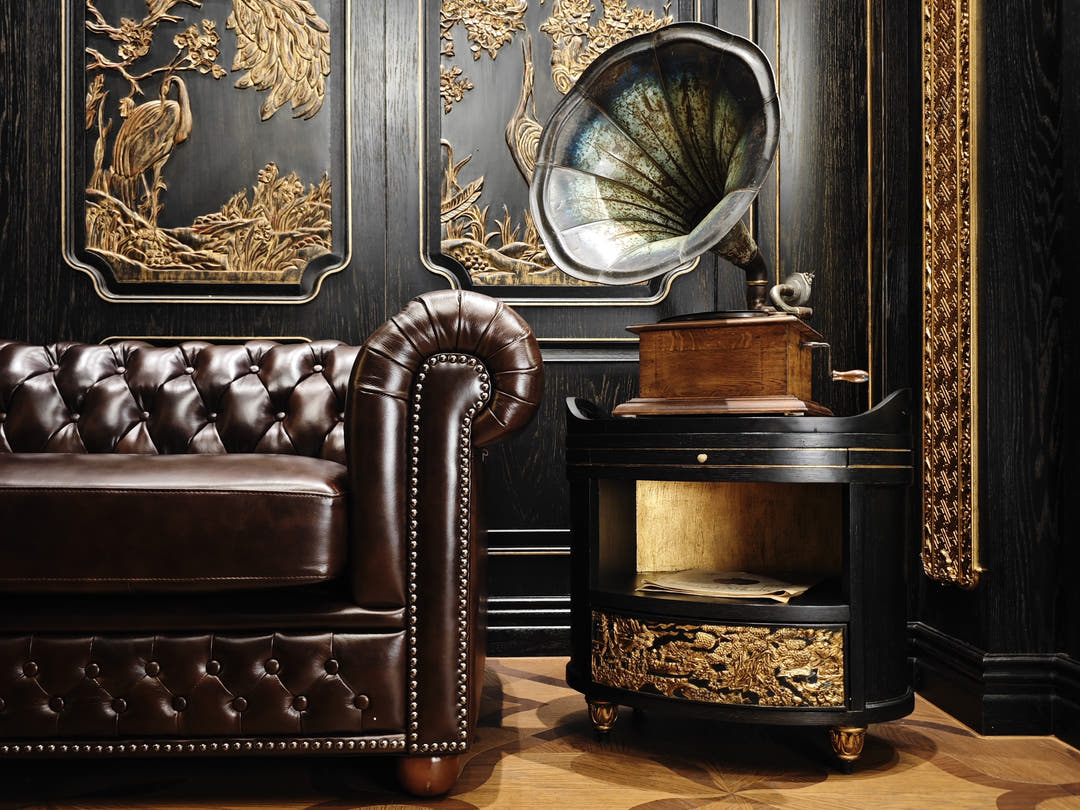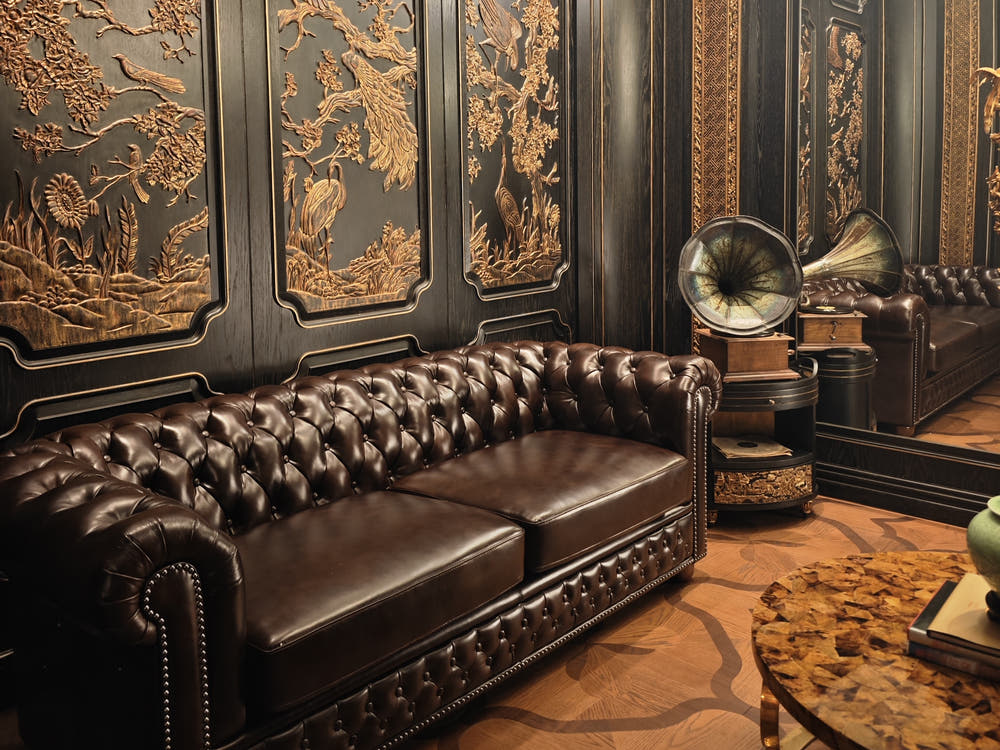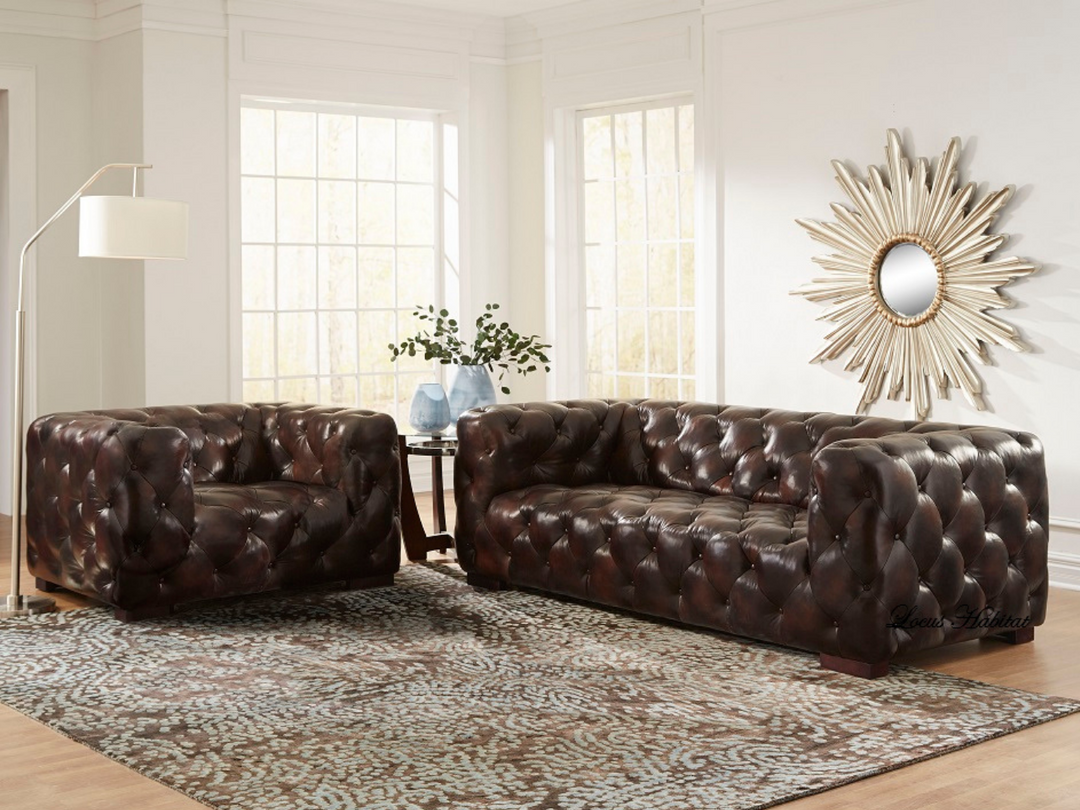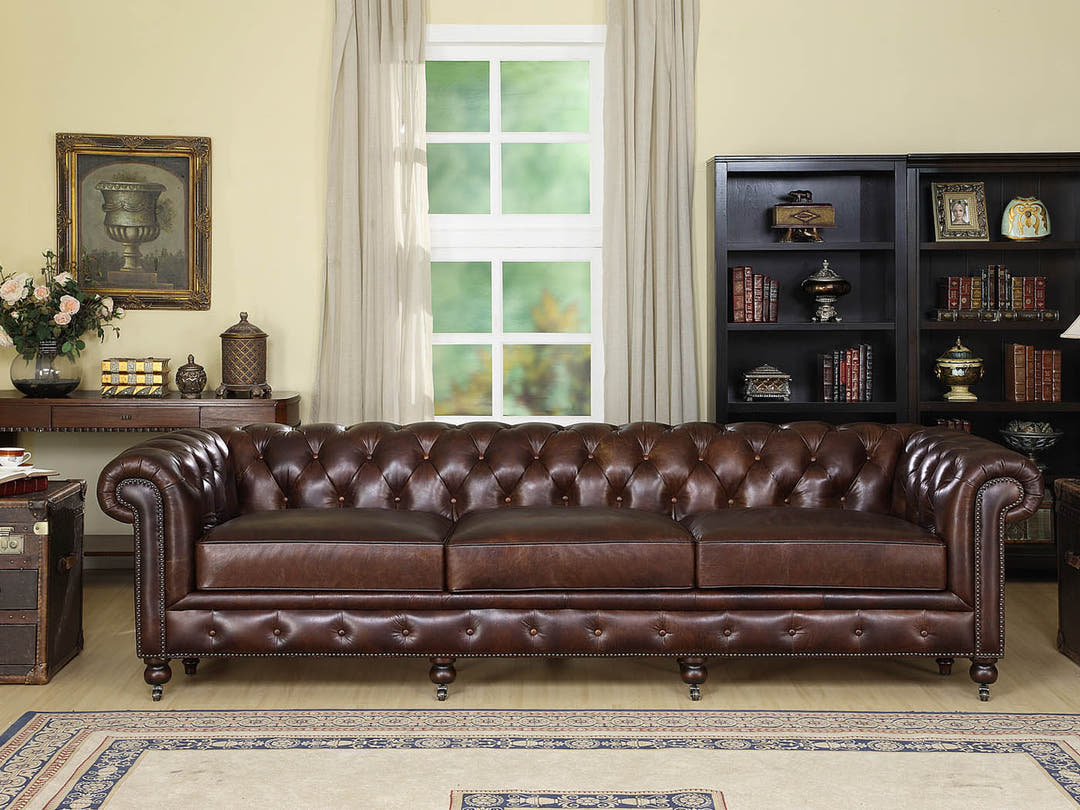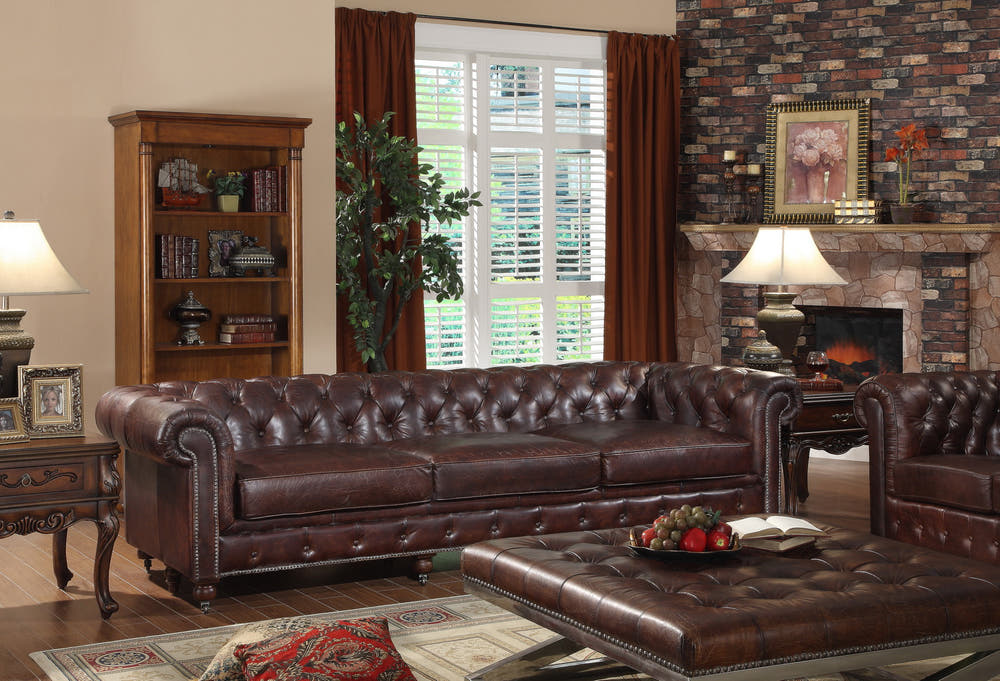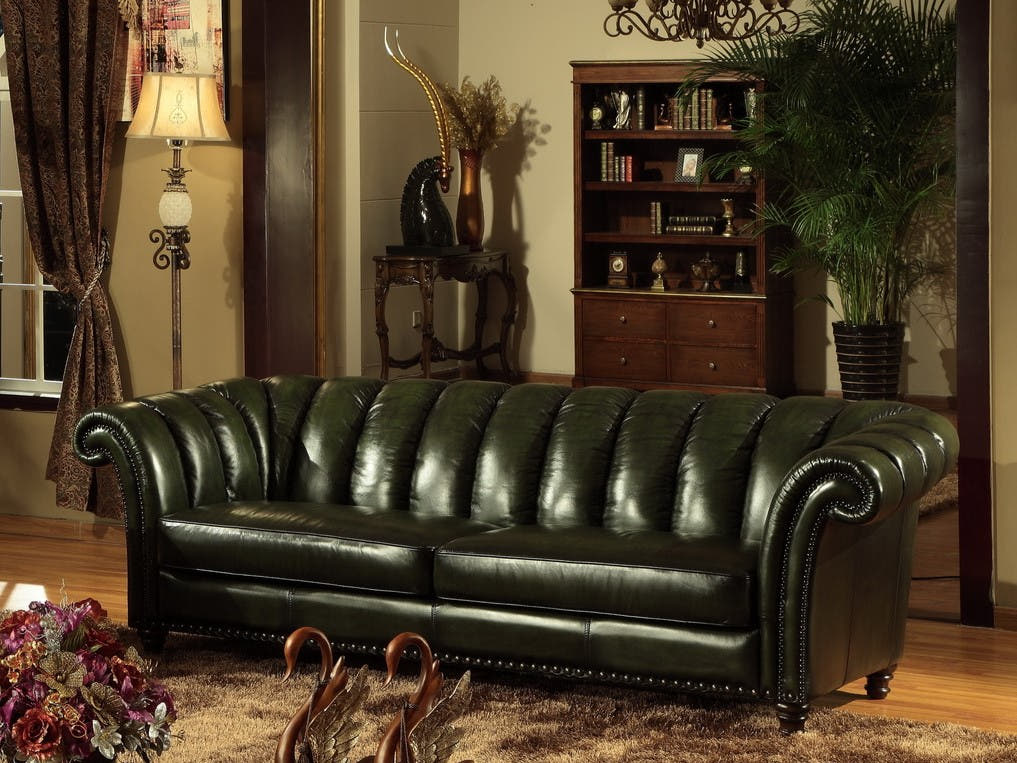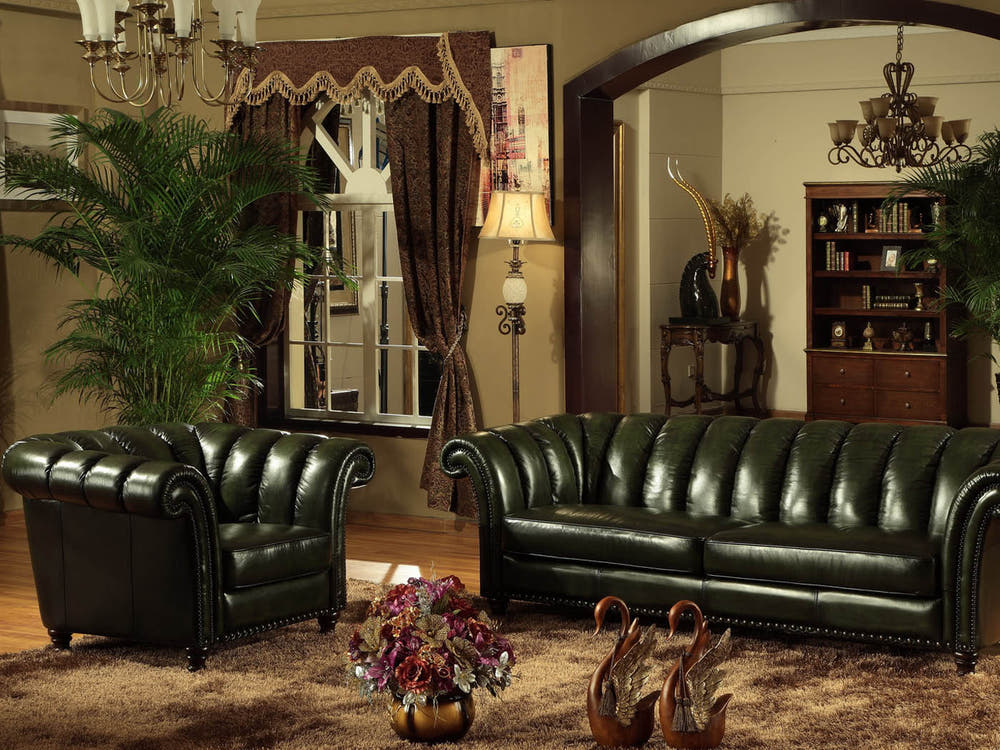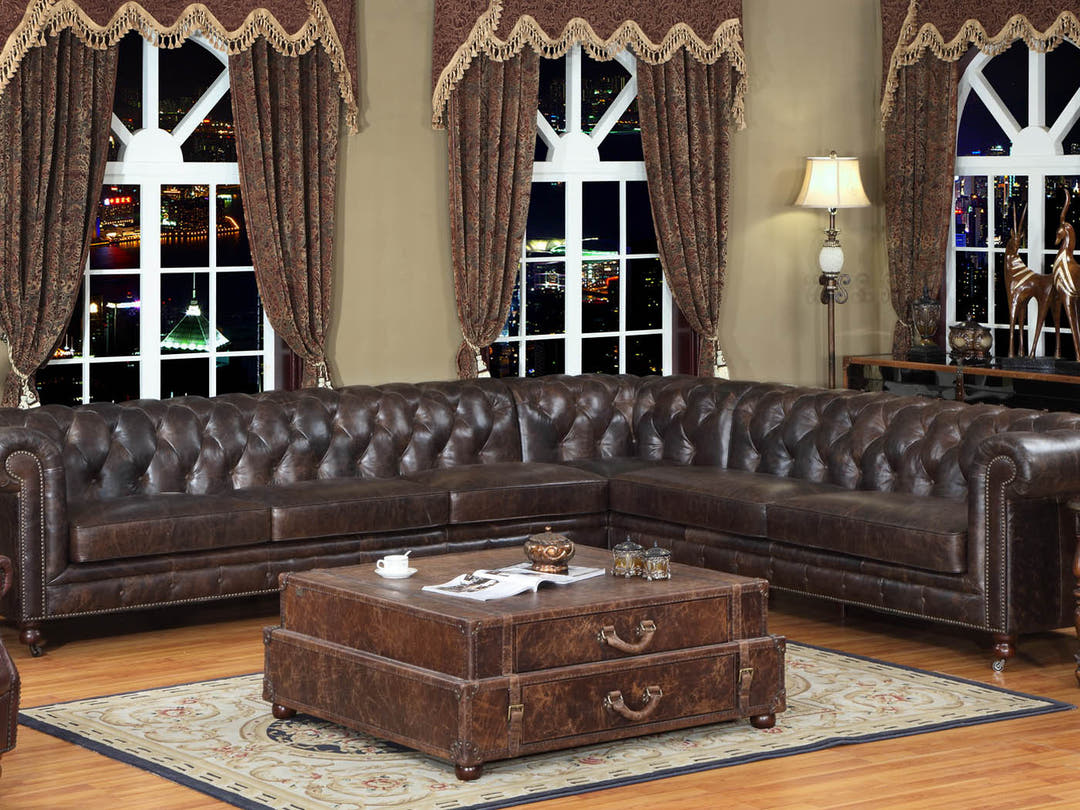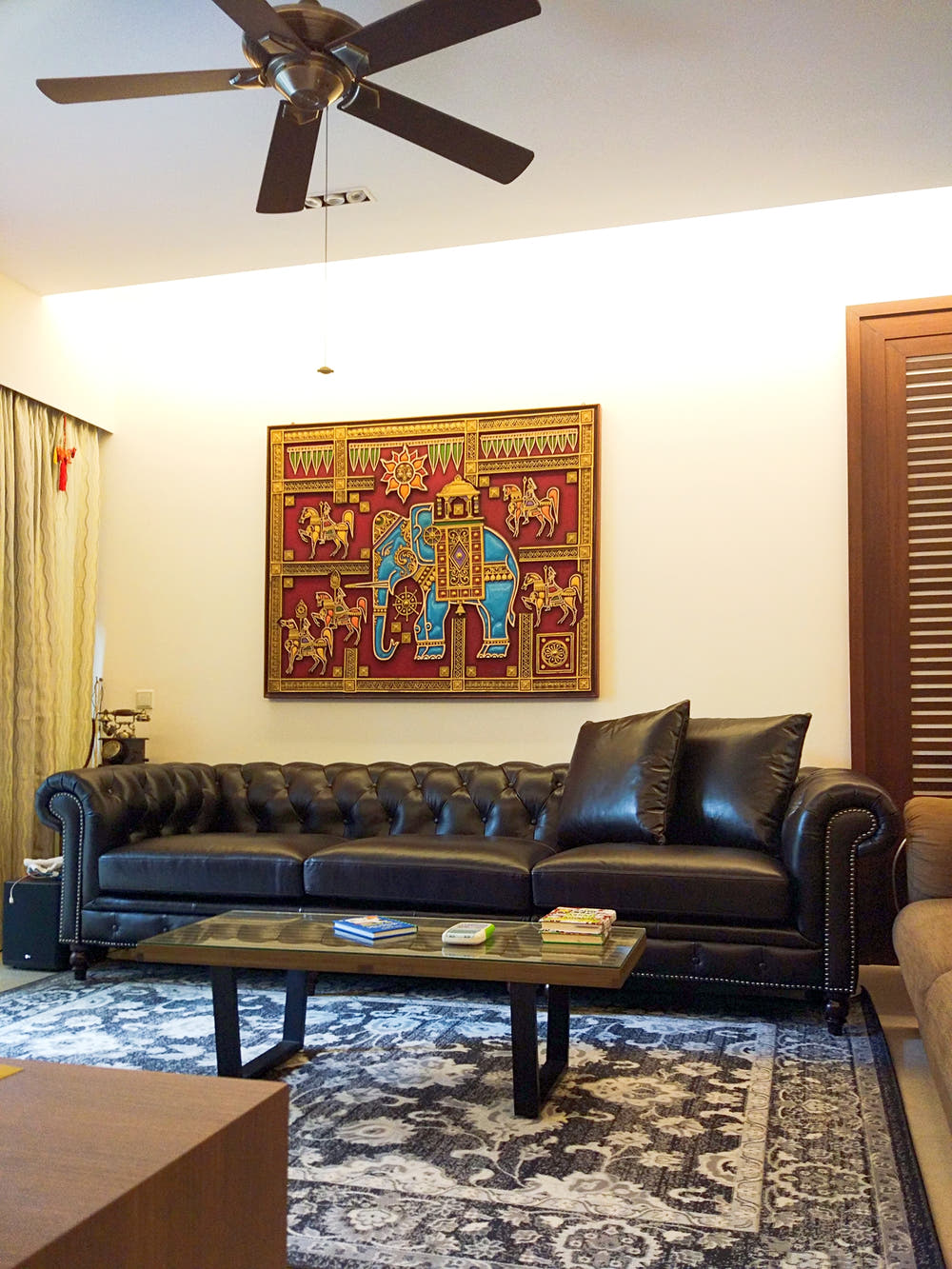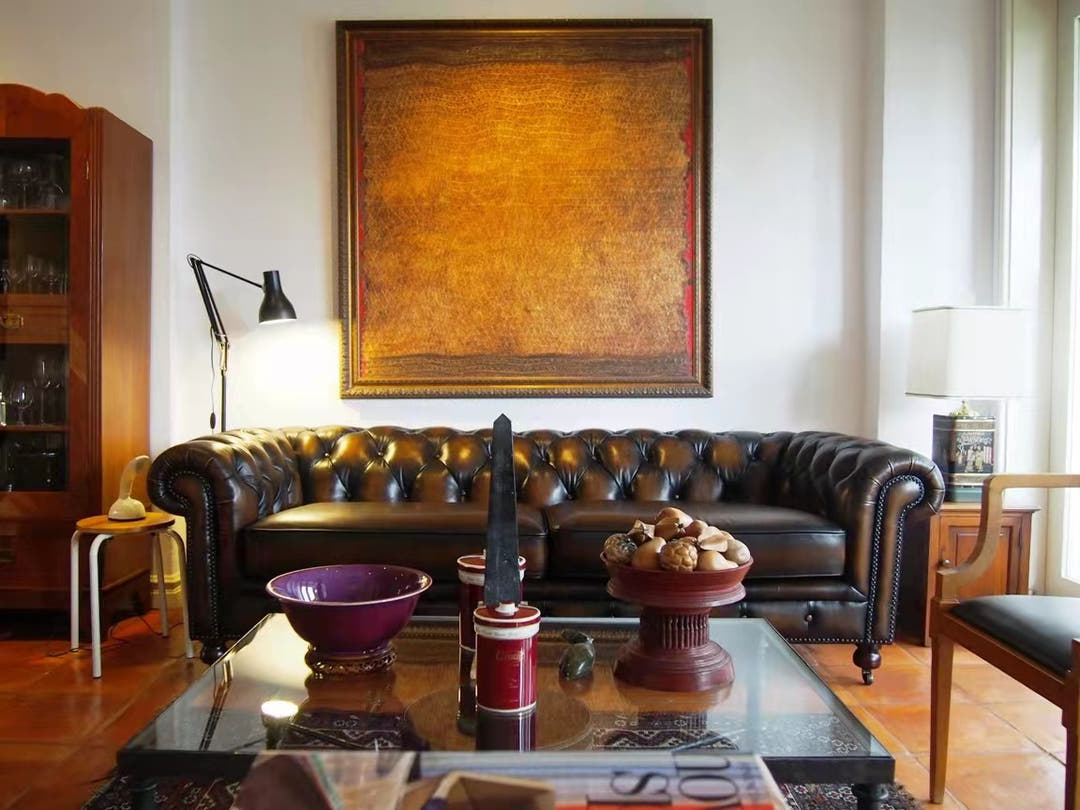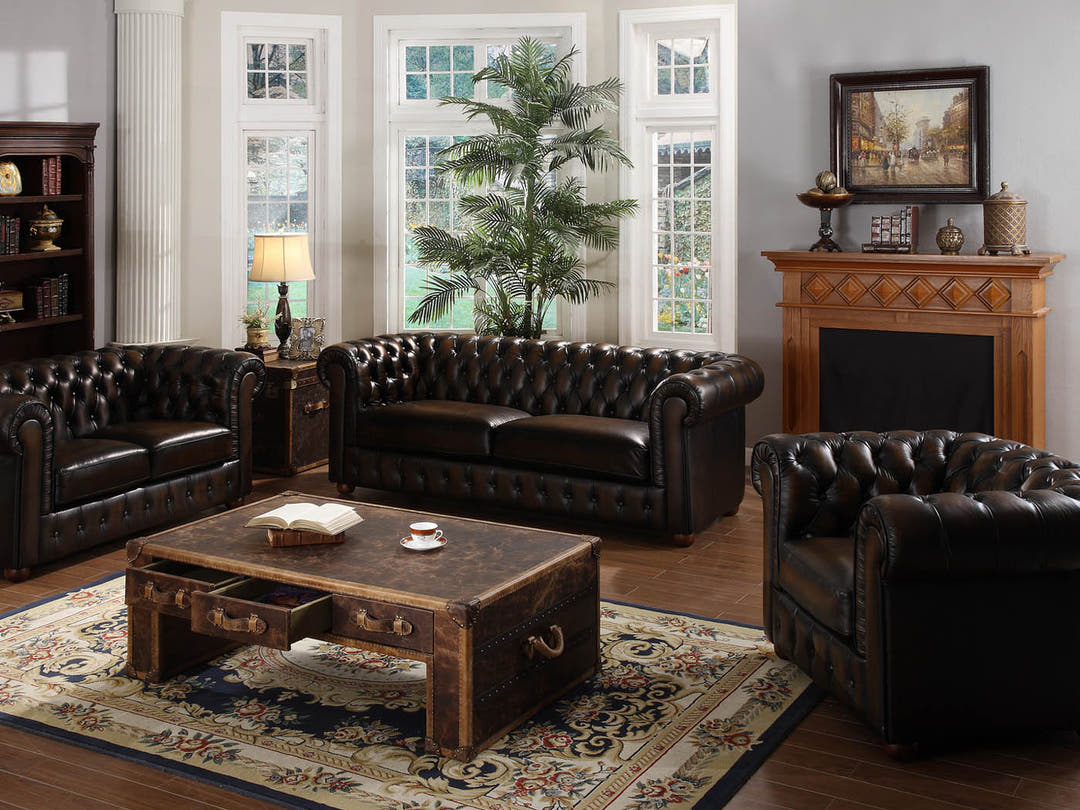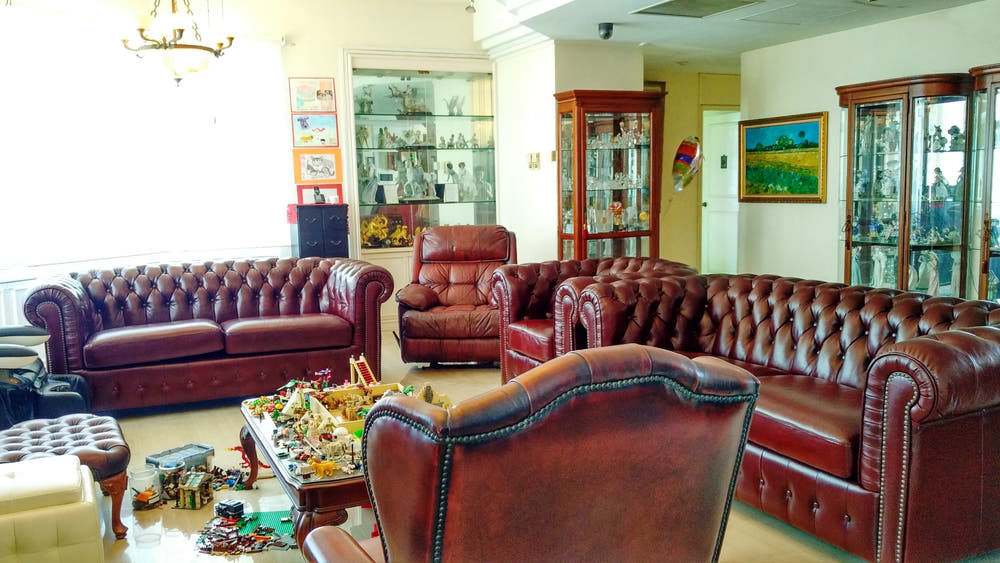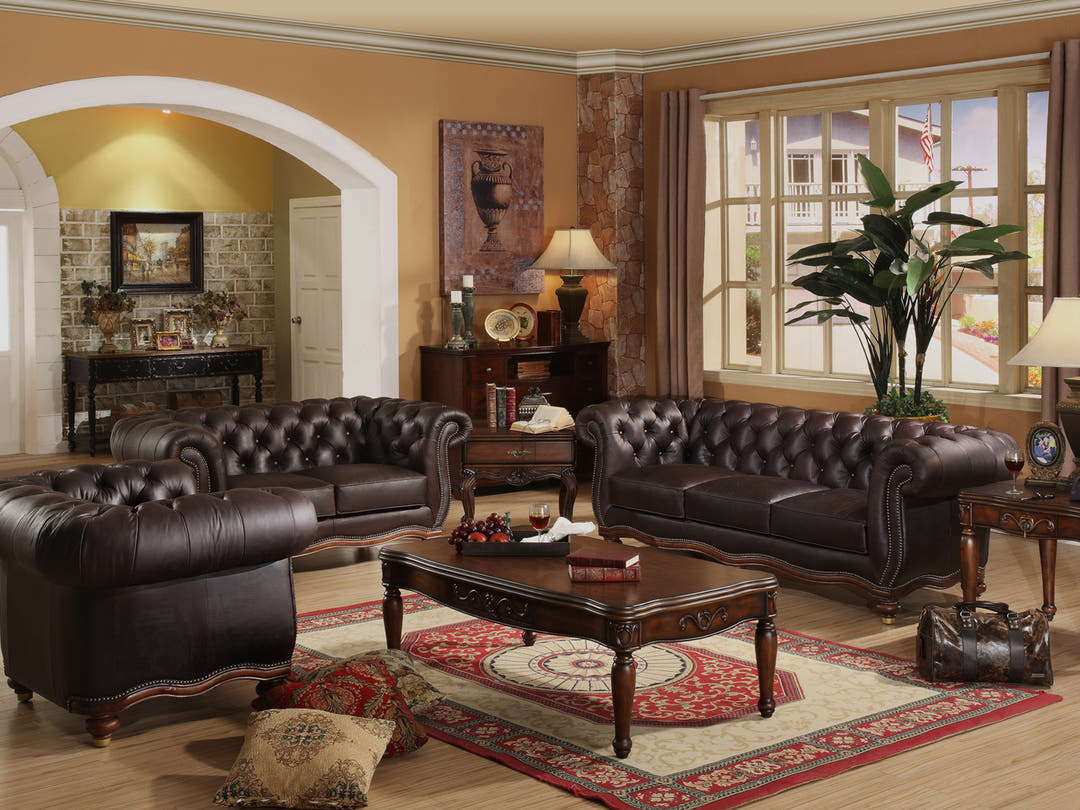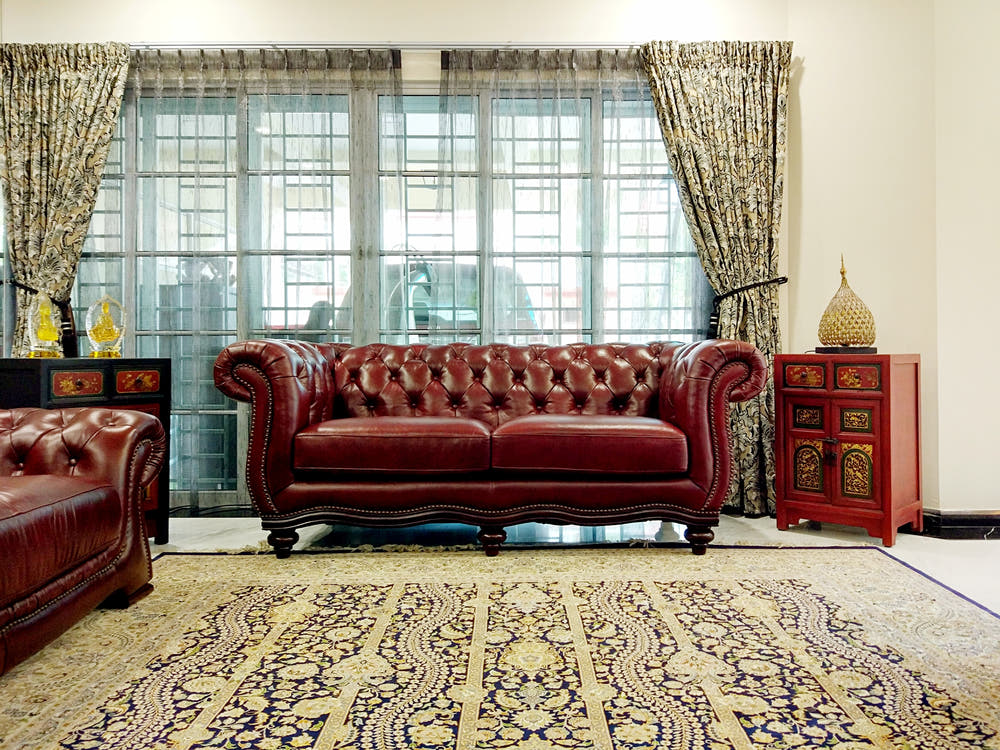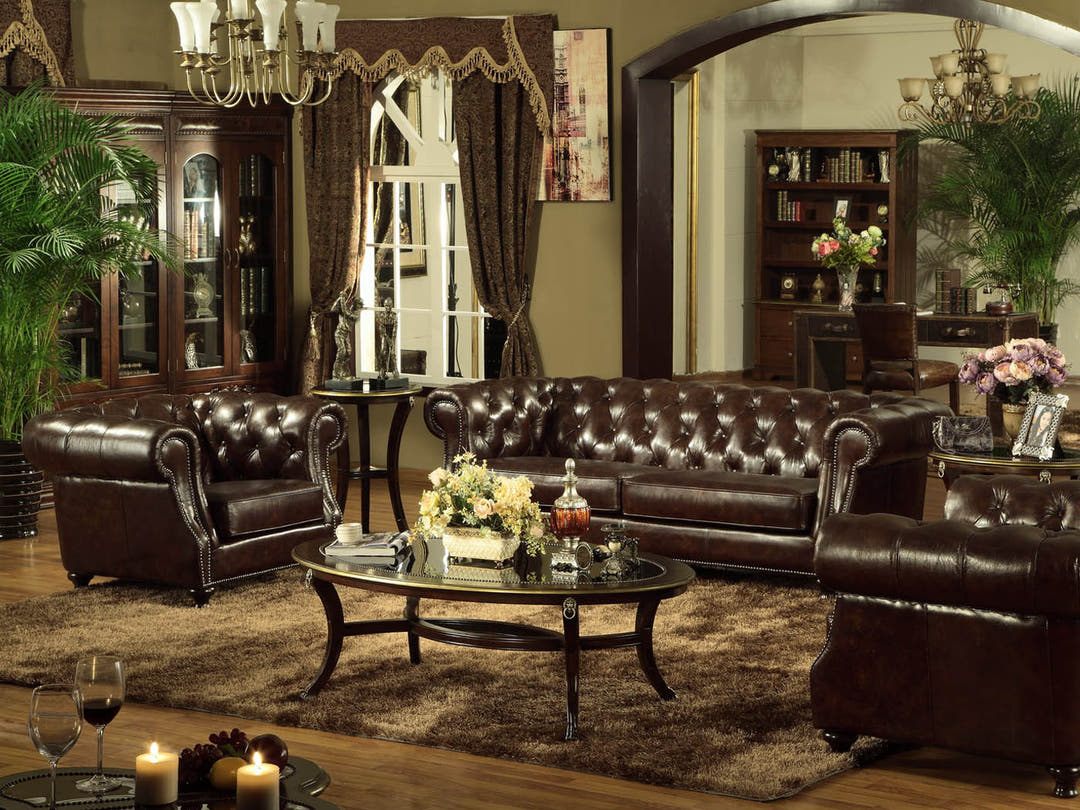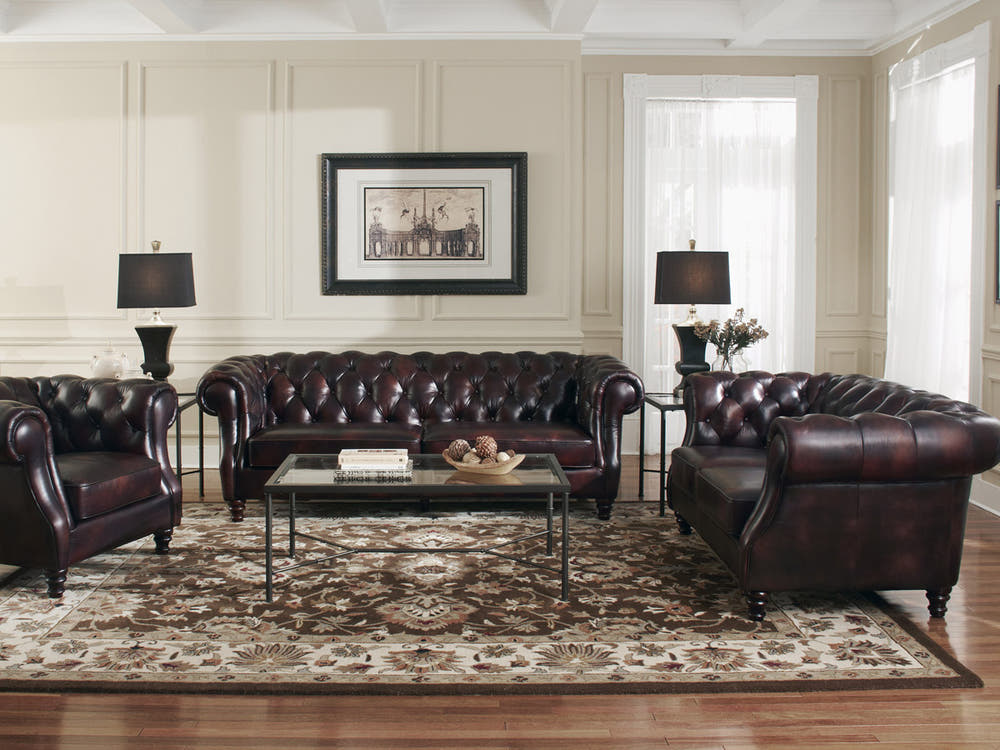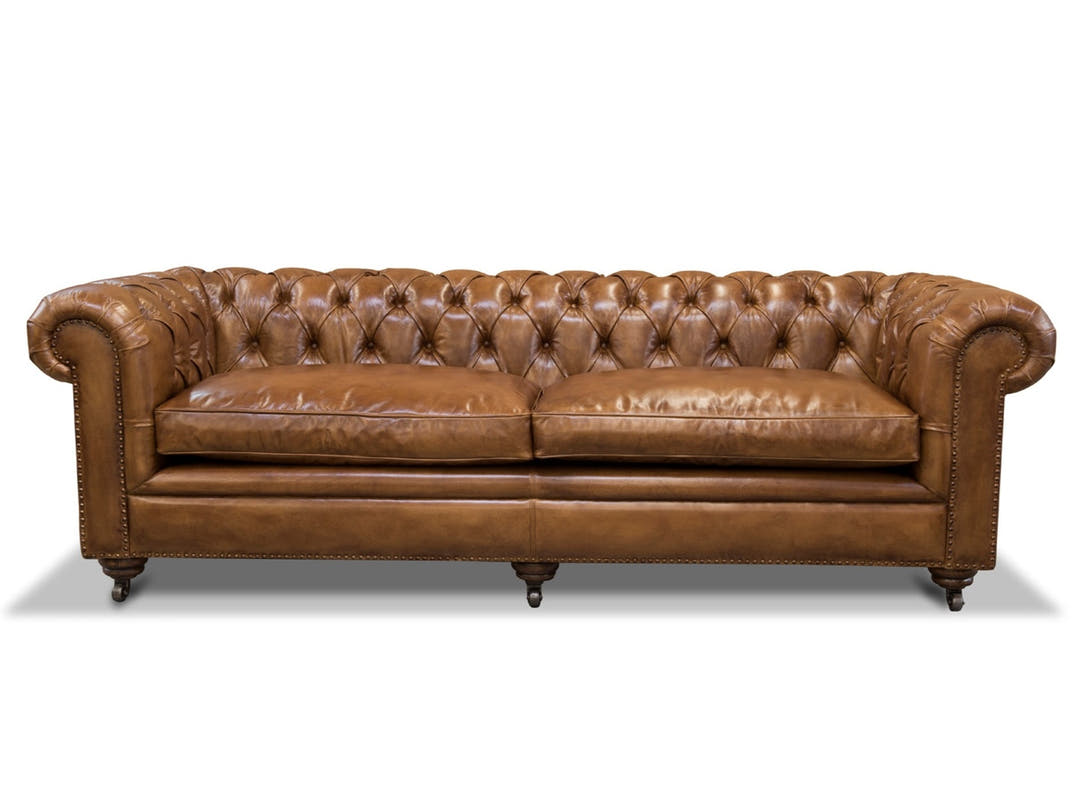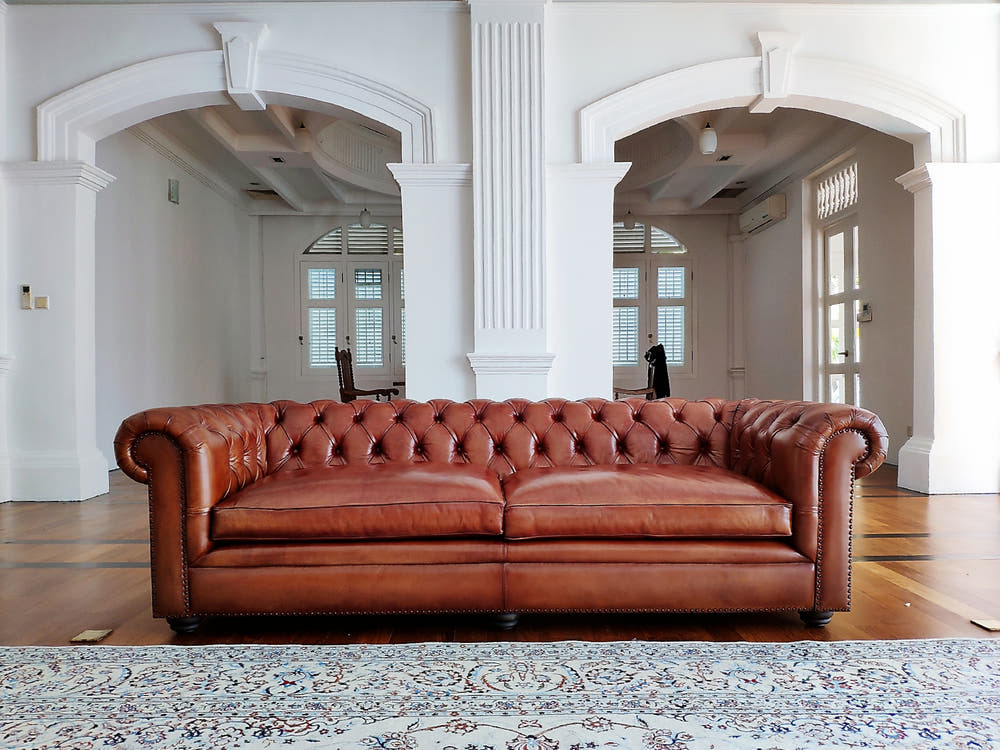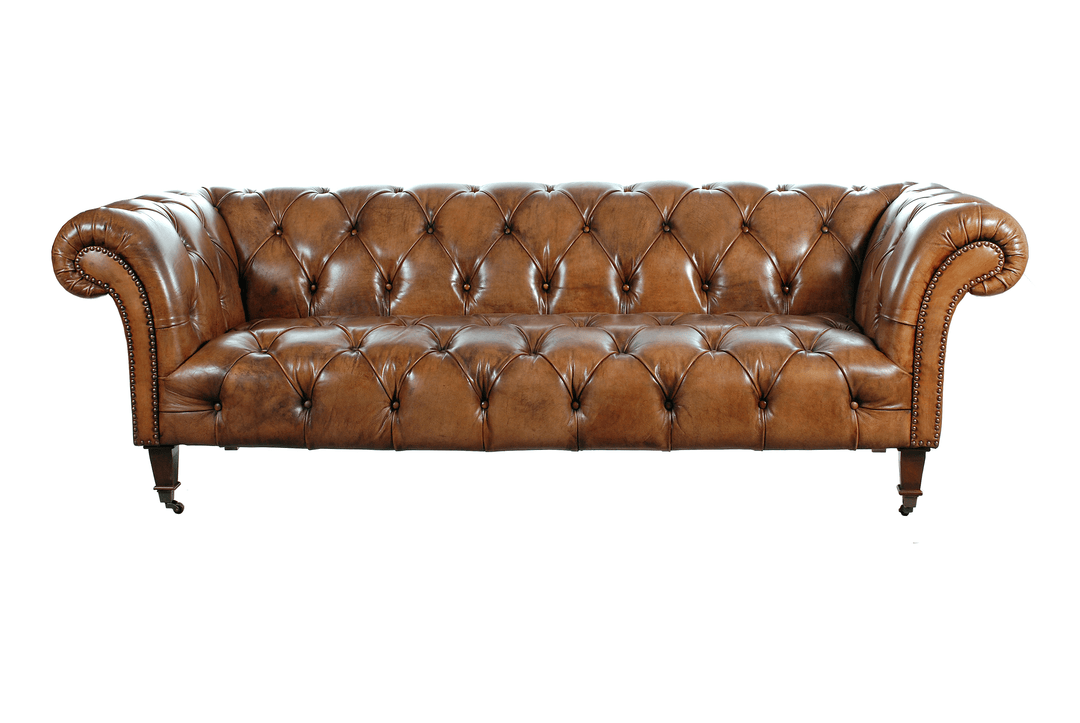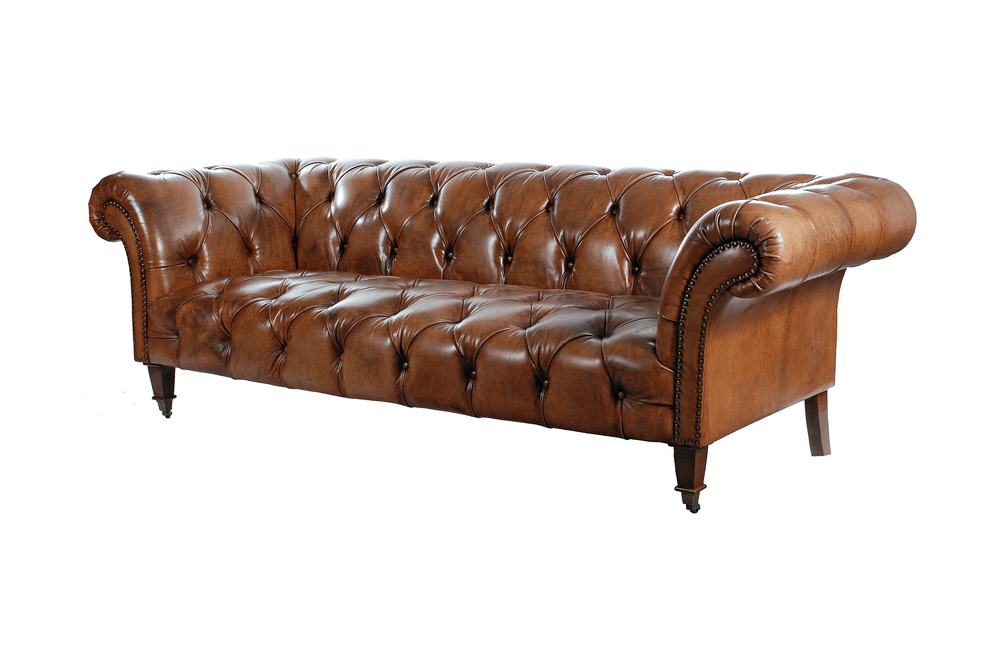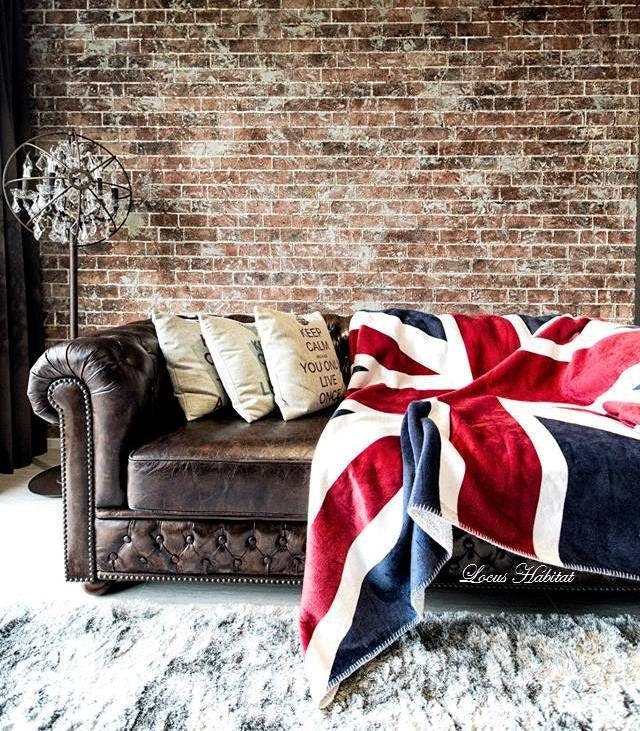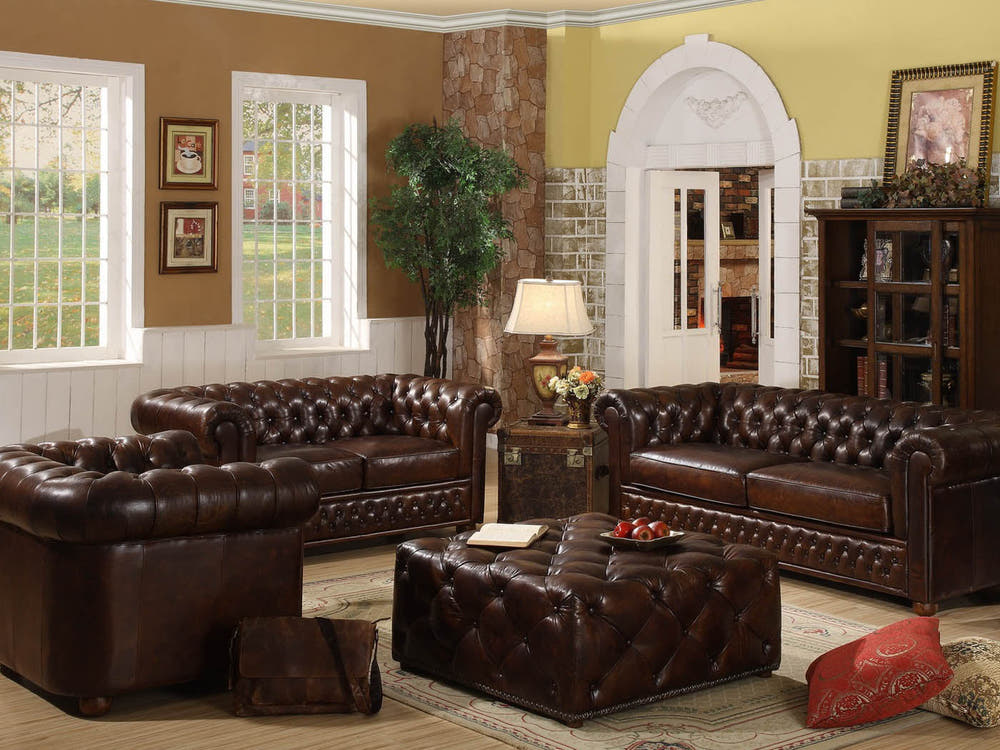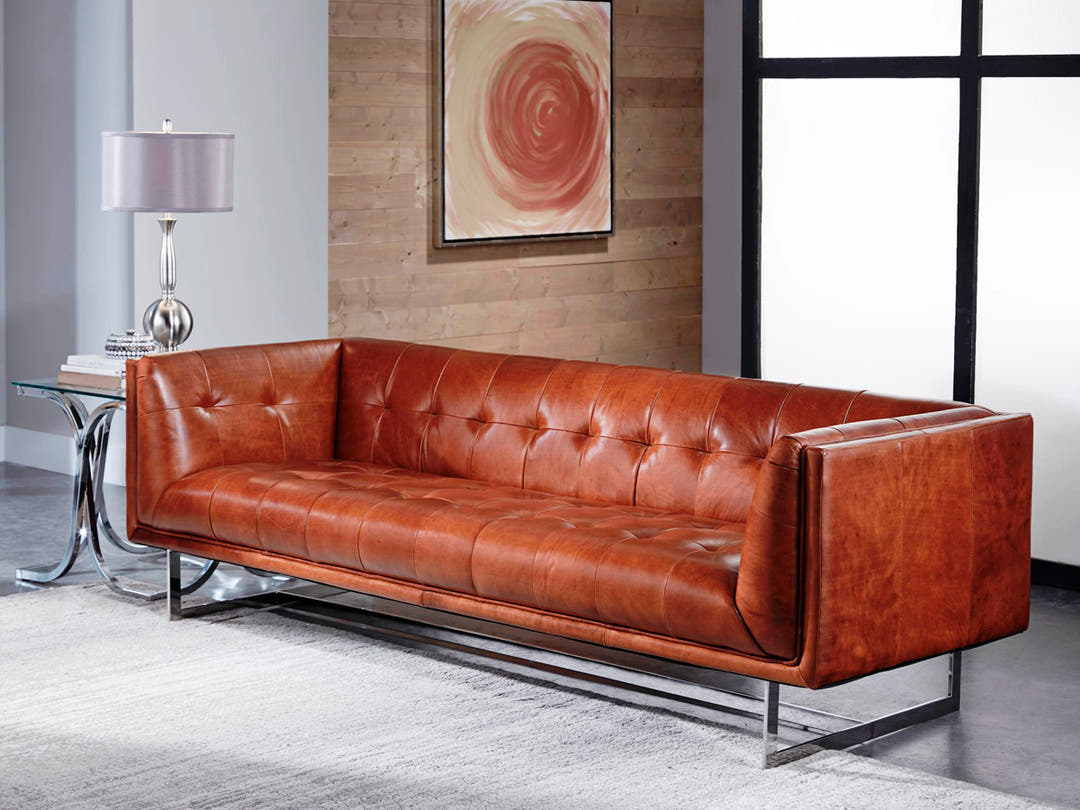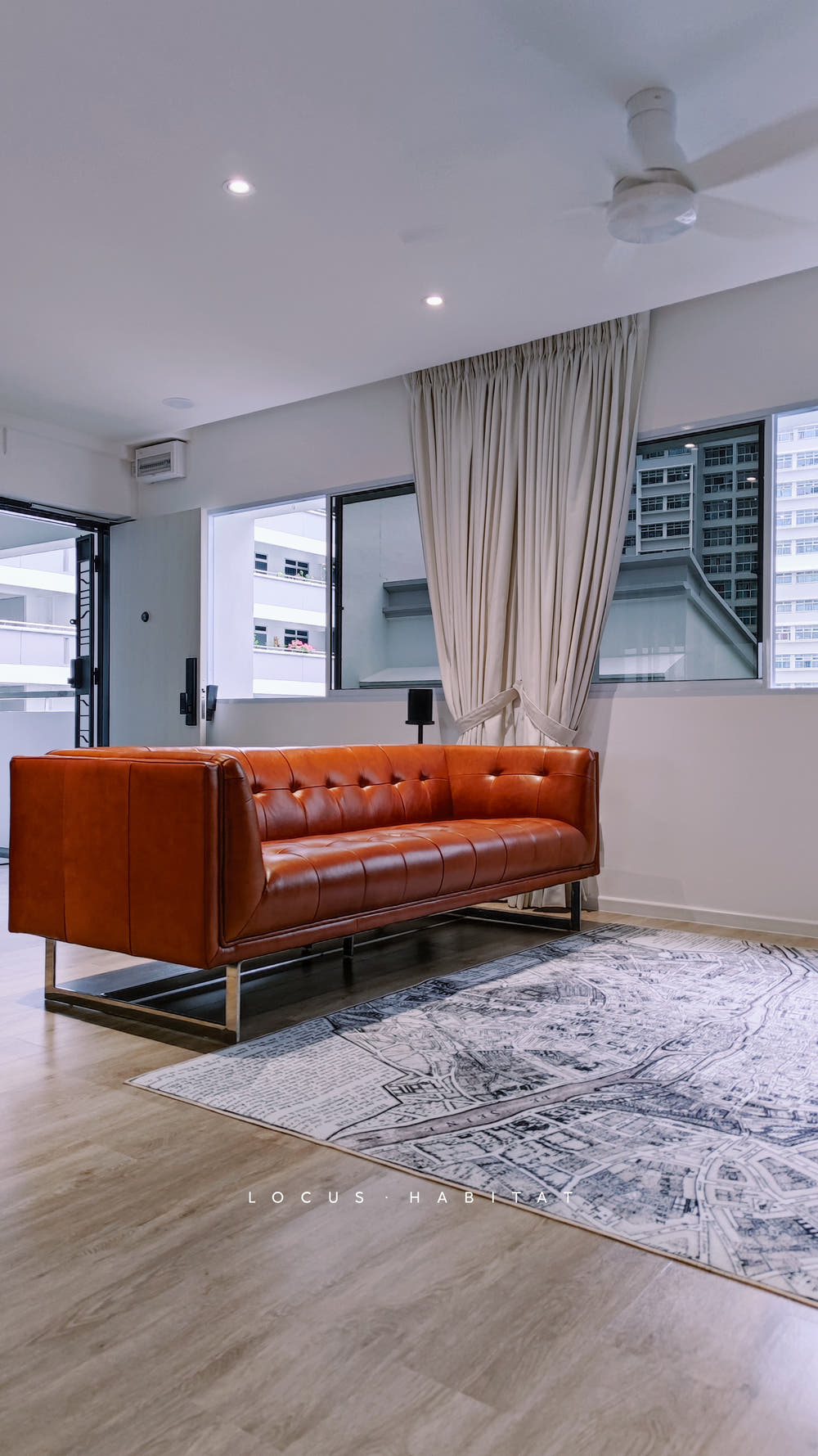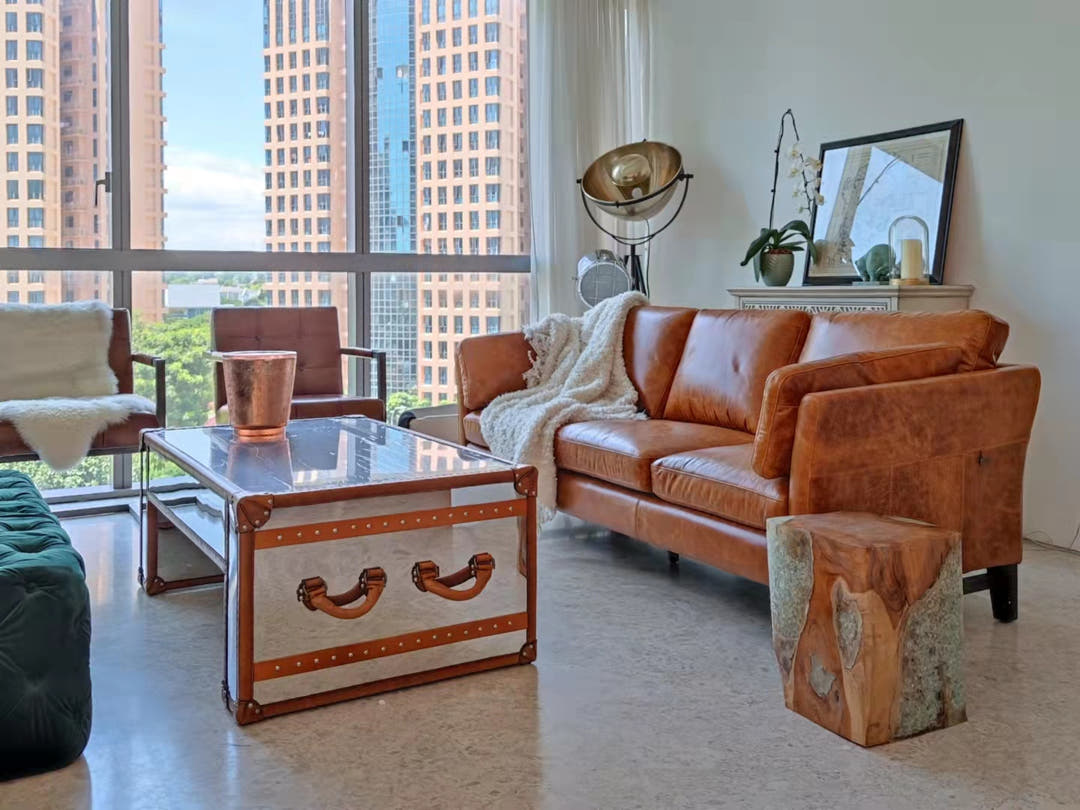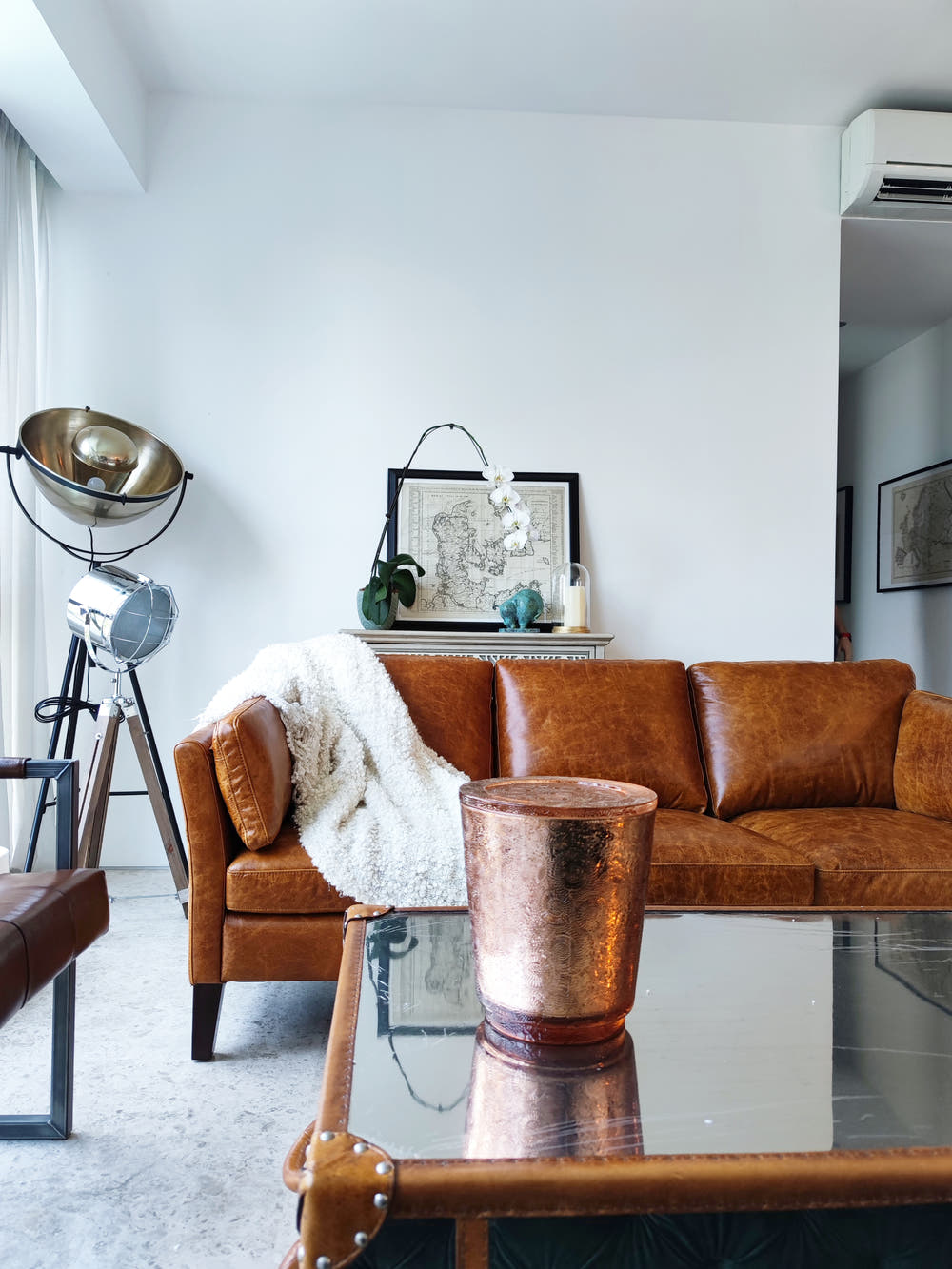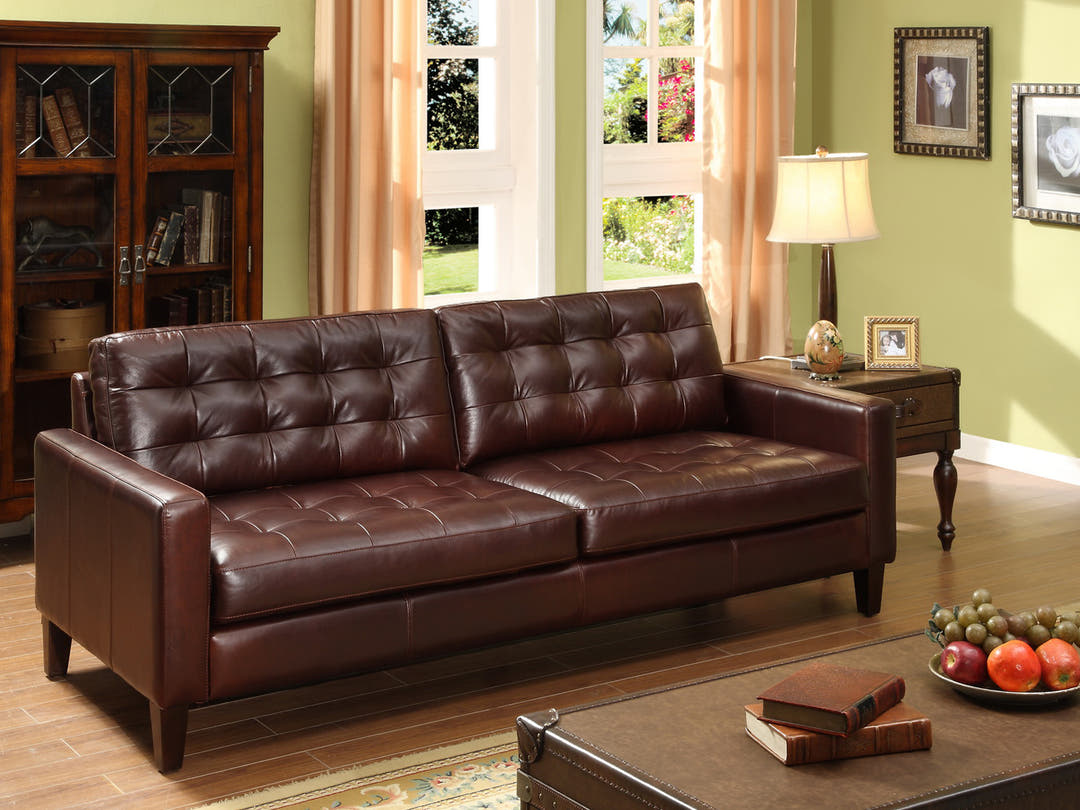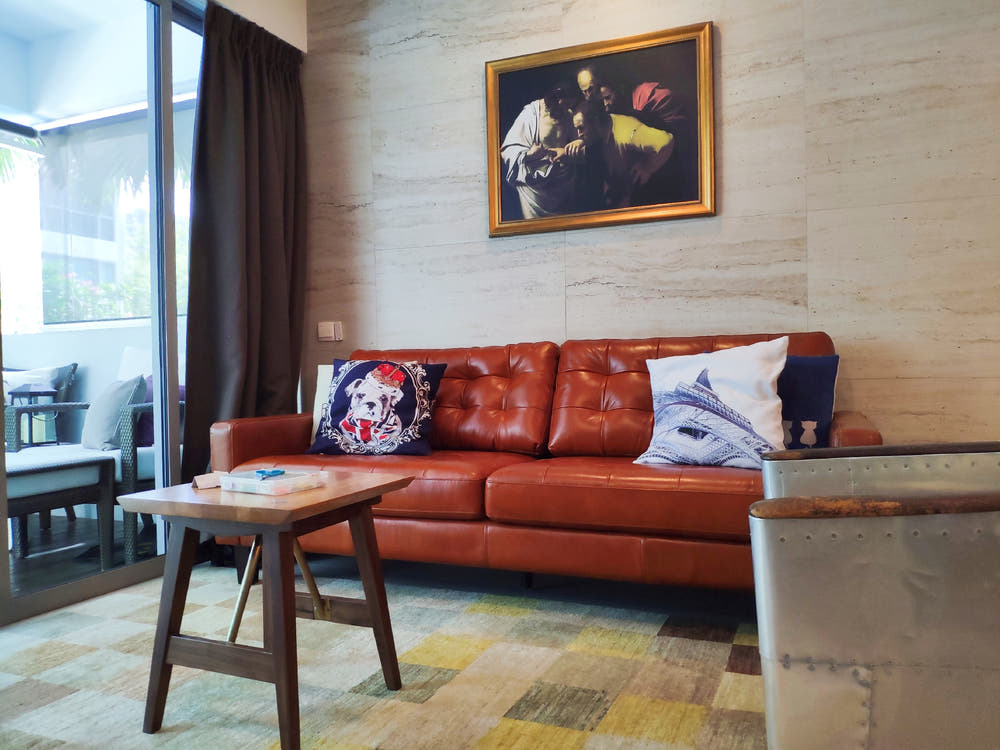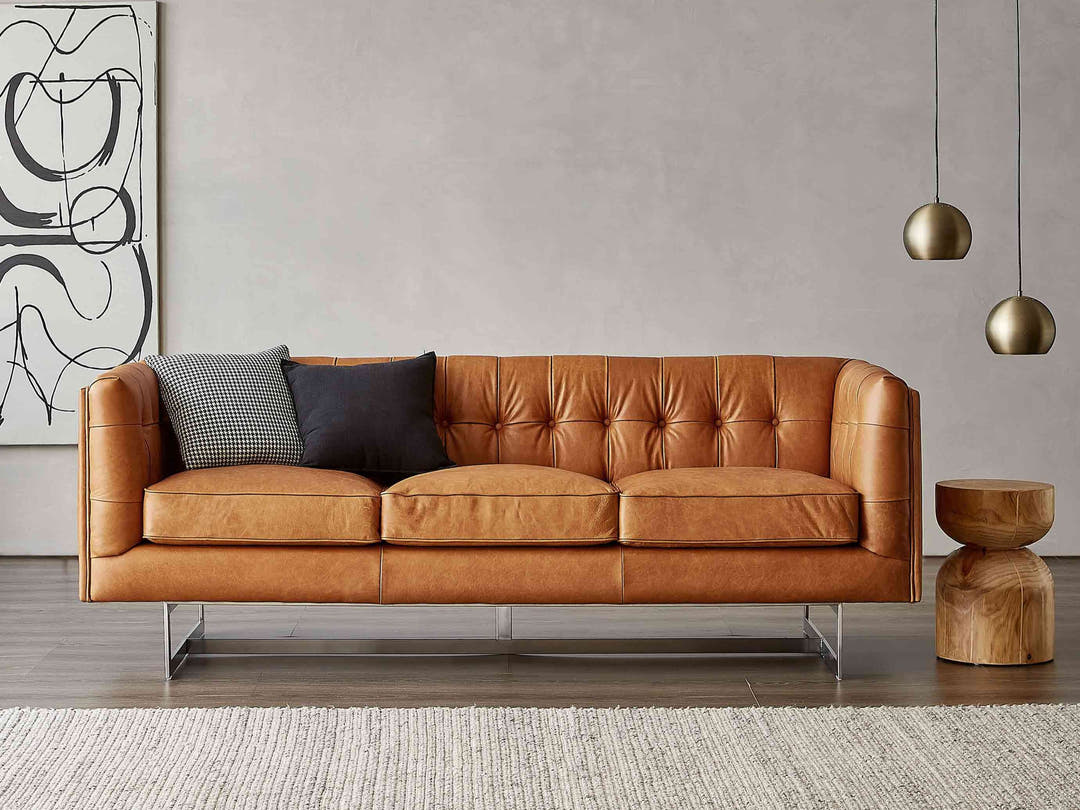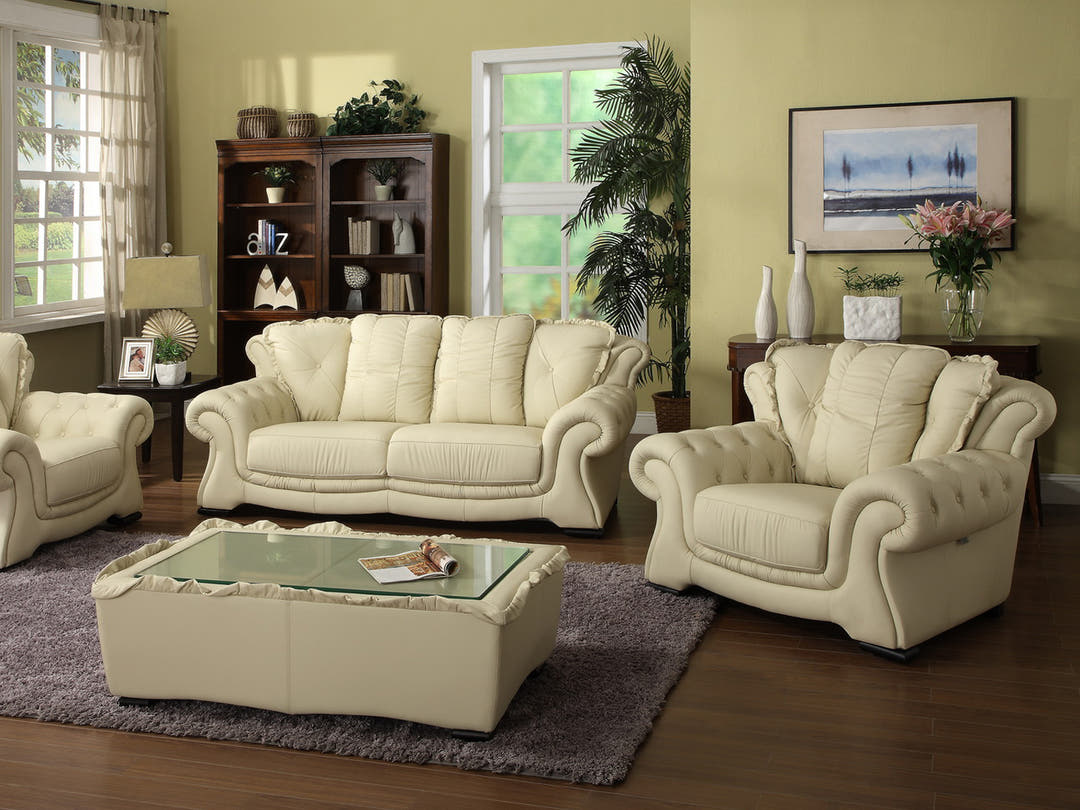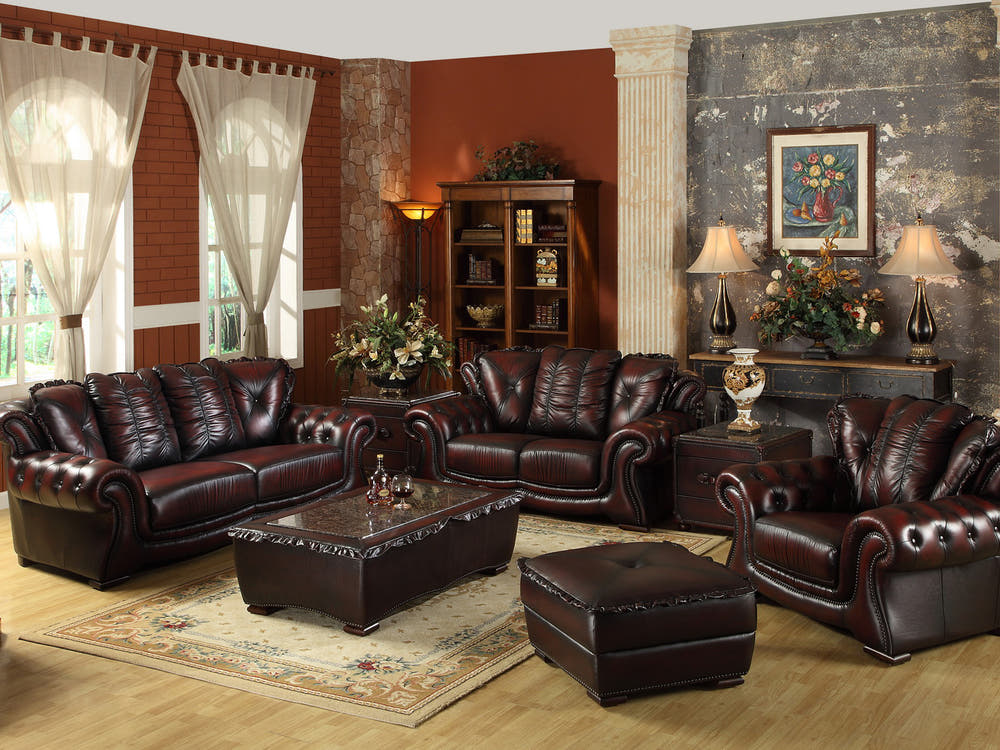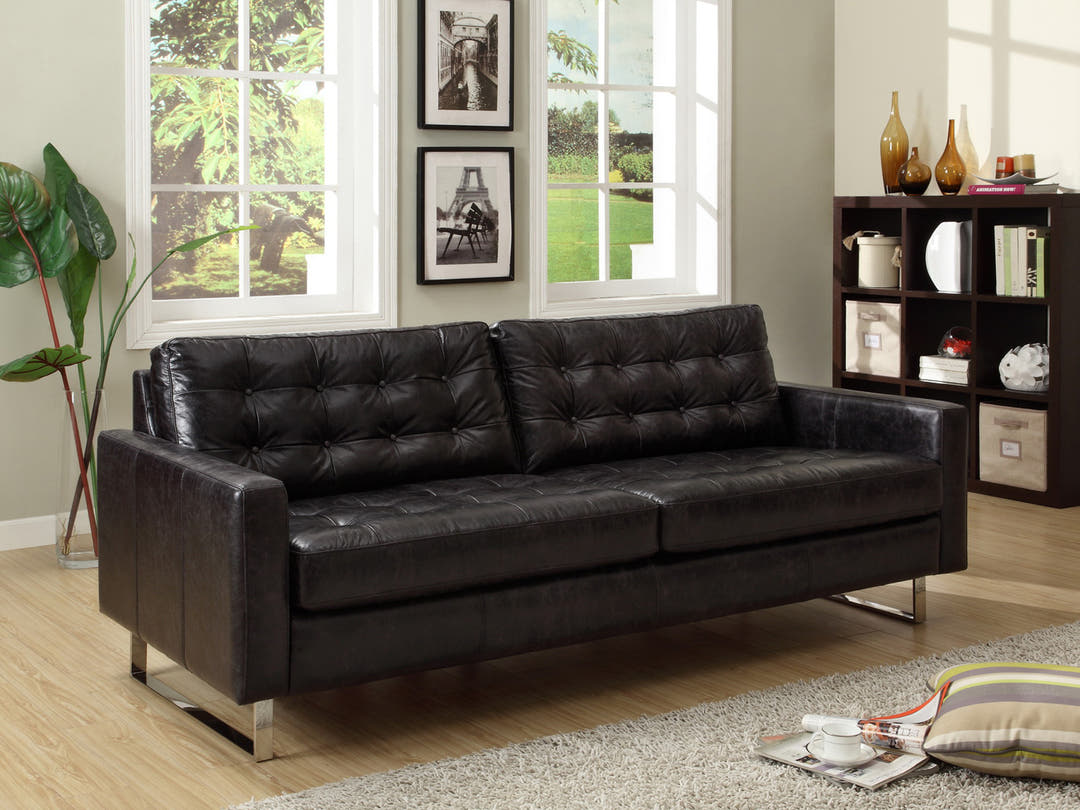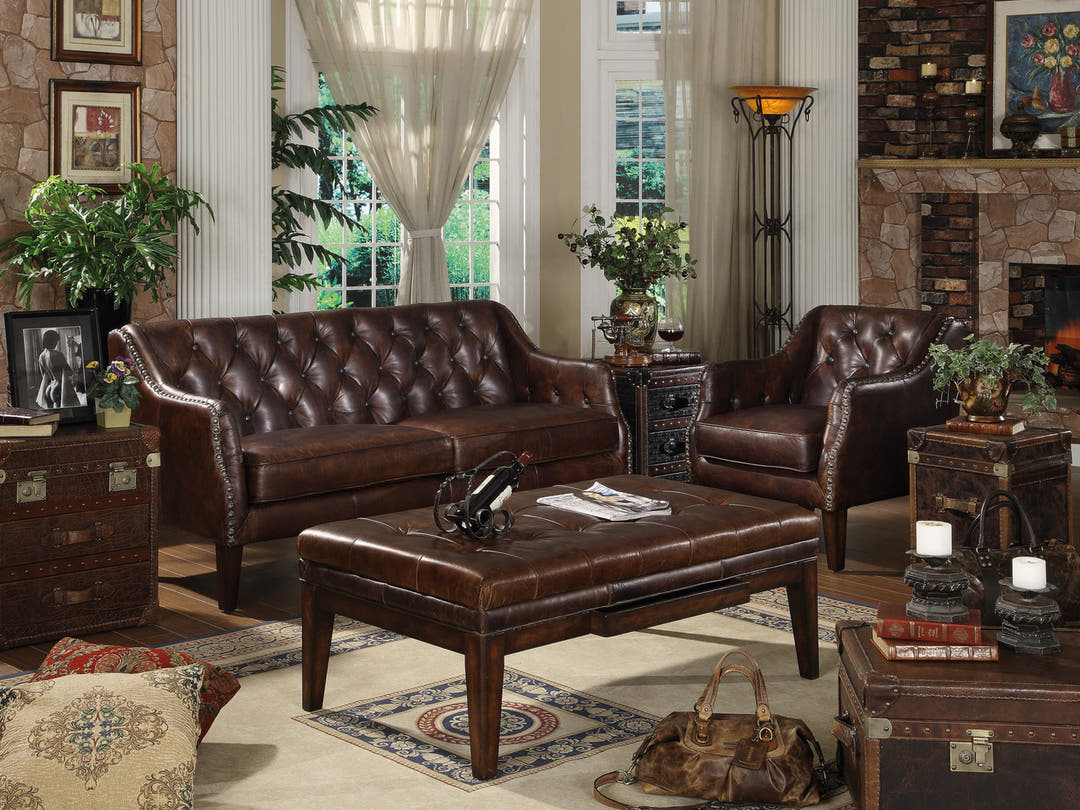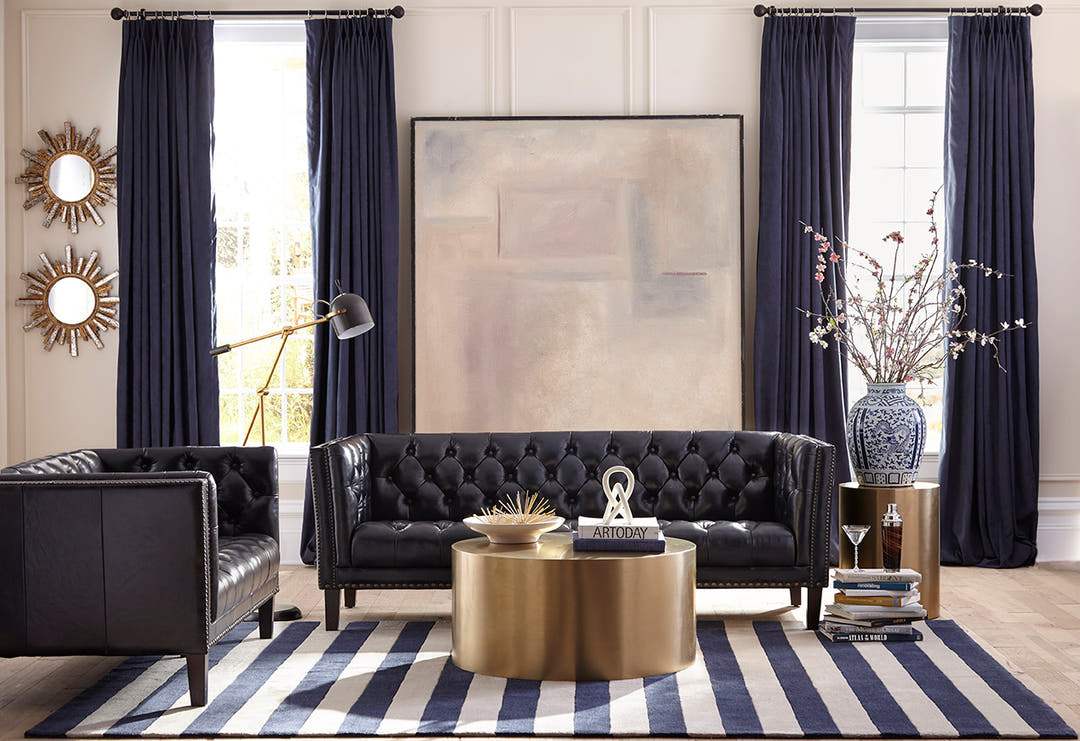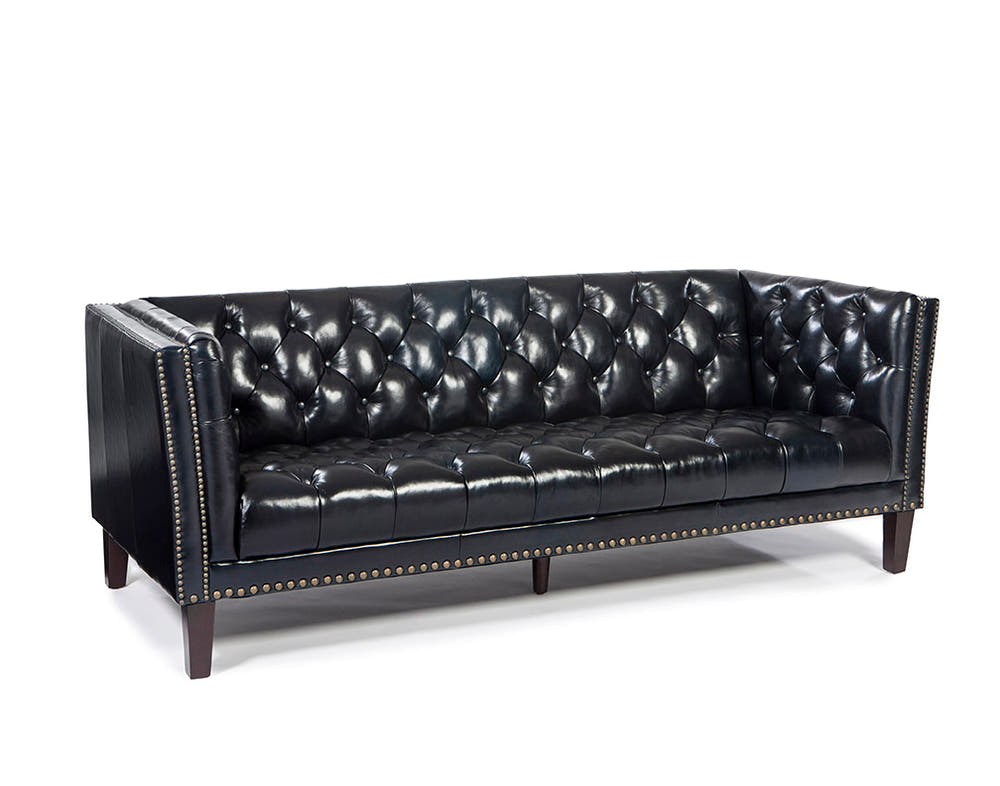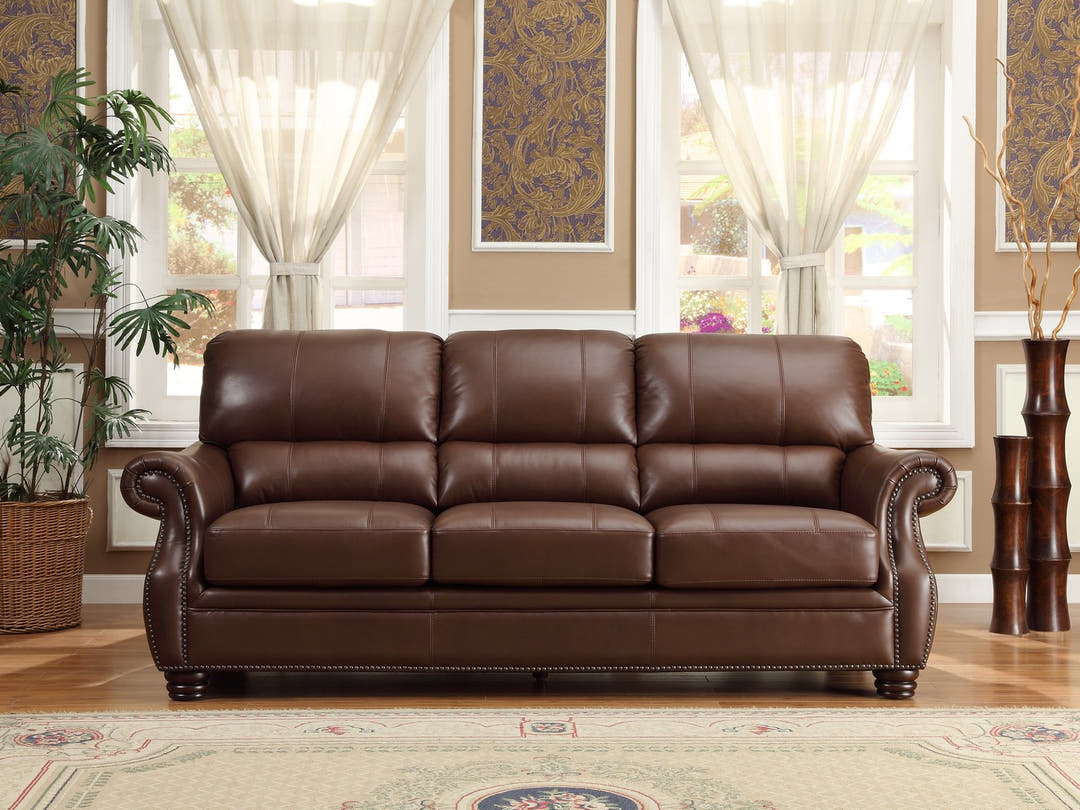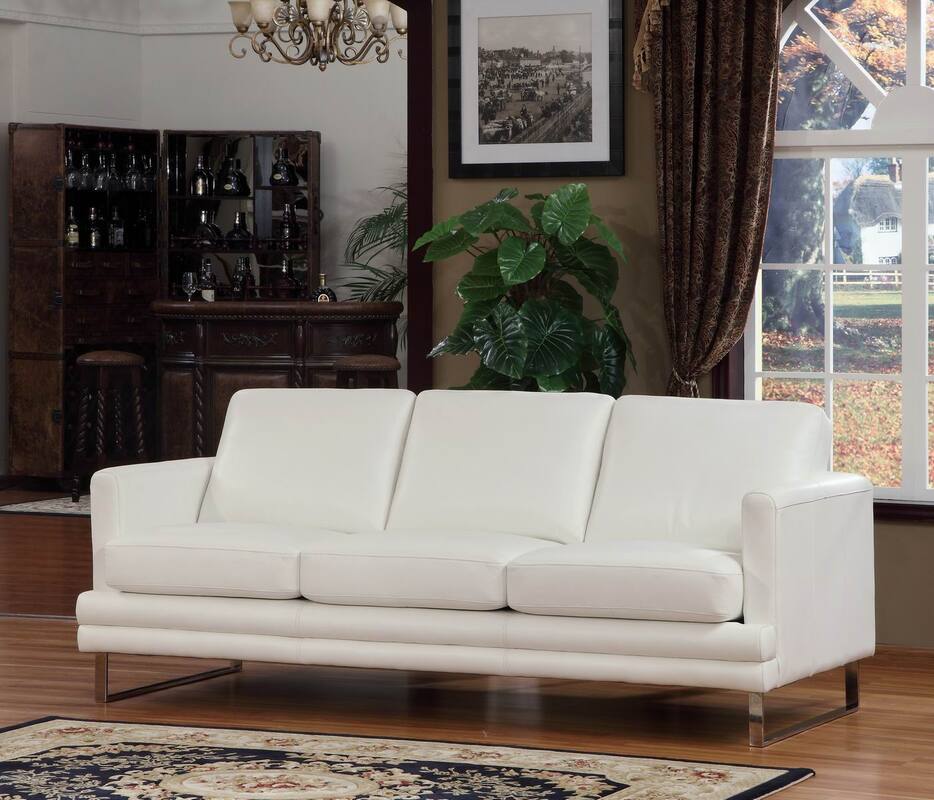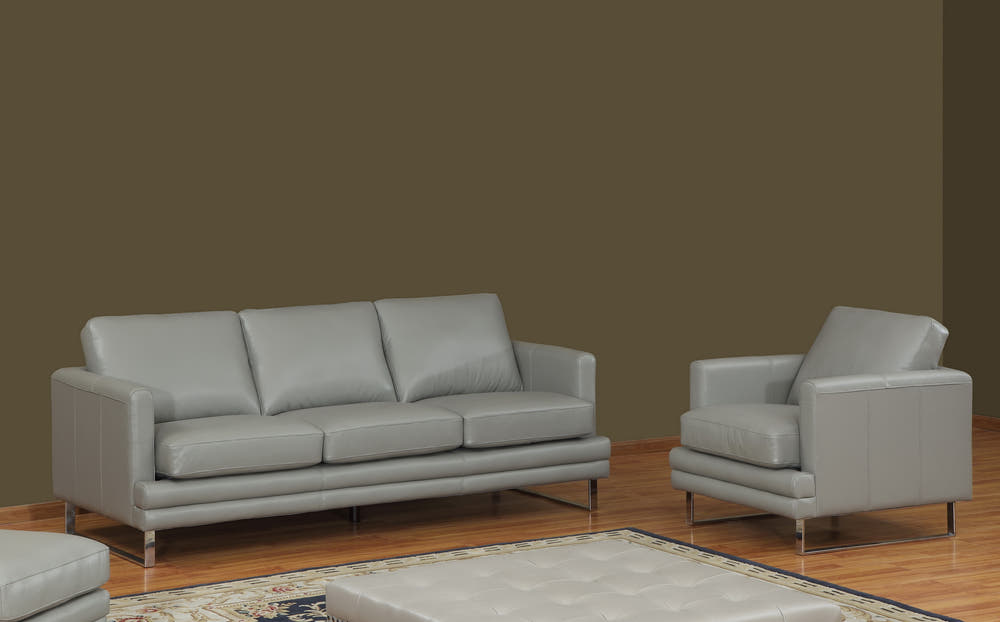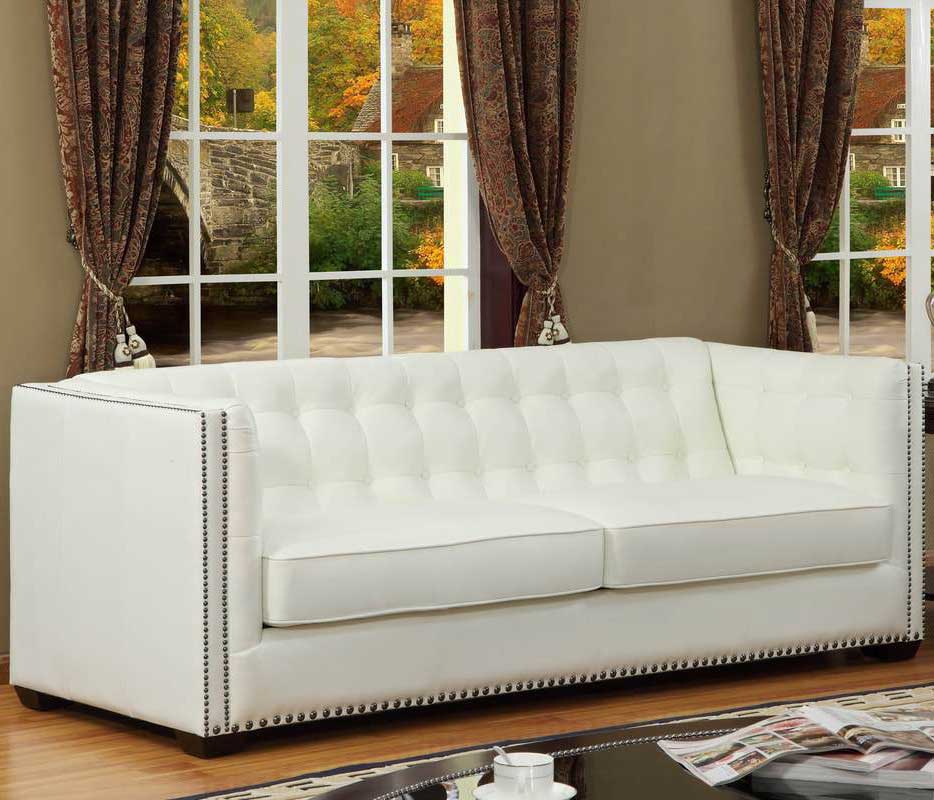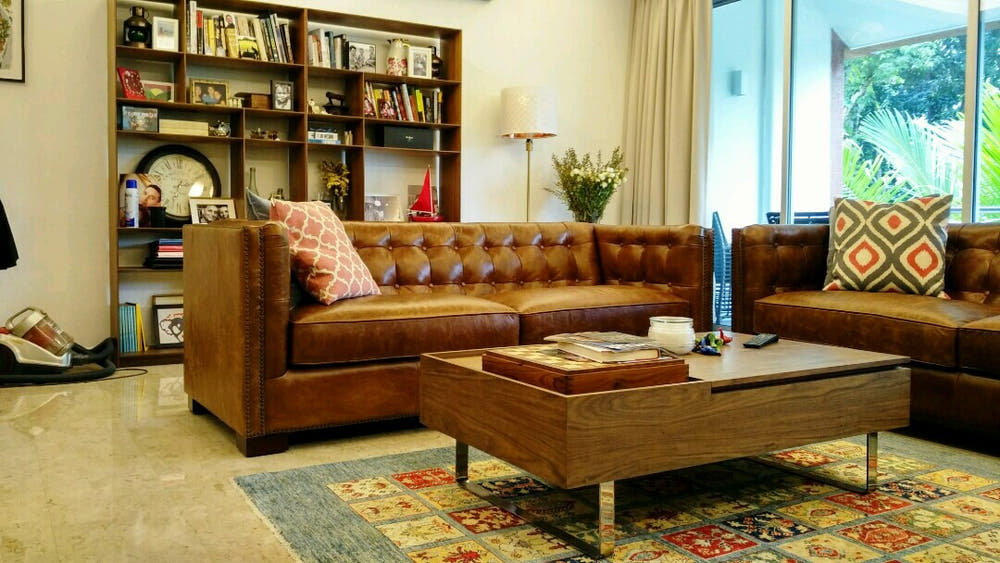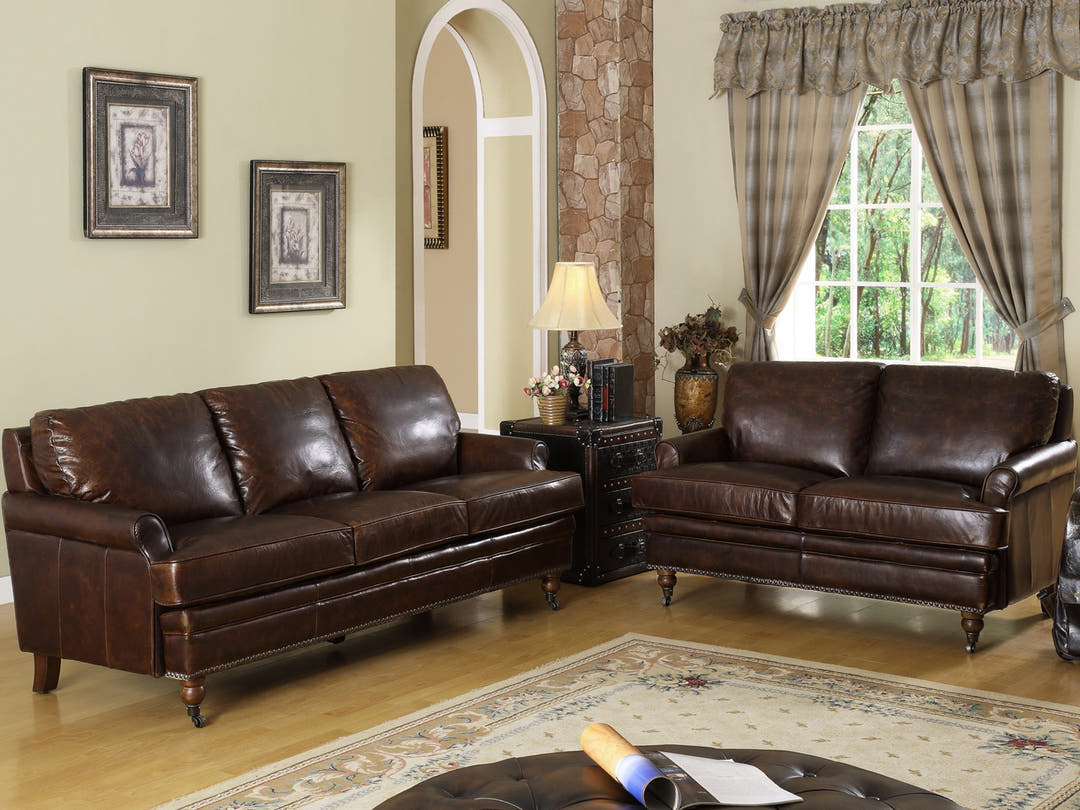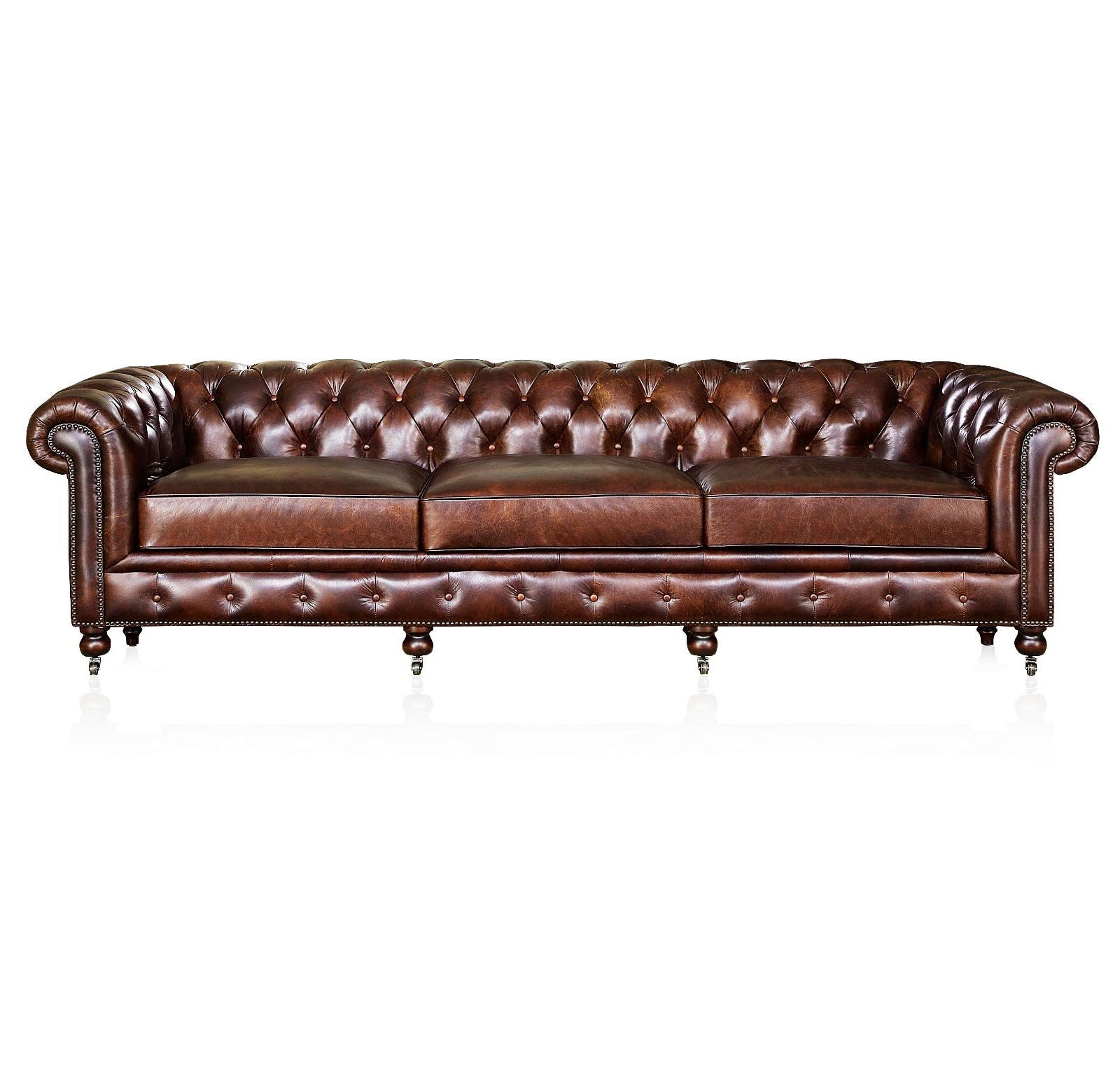Should a sofa be lighter or darker than walls?
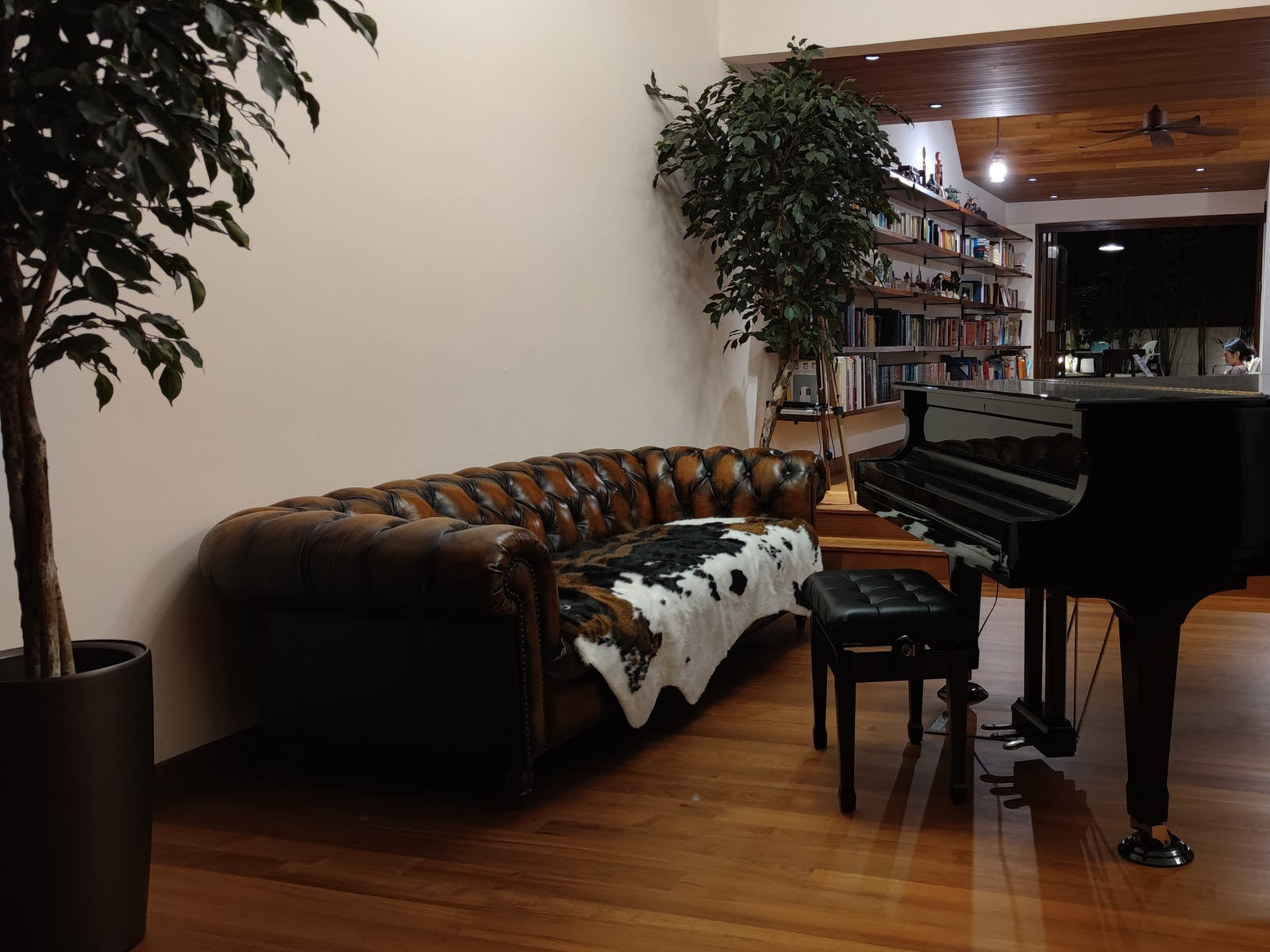
When it comes to choosing the color scheme for a room, the sofa is often one of the main focal points. It is not uncommon to ask oneself, "Should a sofa be lighter or darker than walls?" This is a question that has perplexed many interior designers, homeowners, and renters alike. Ultimately, the decision of whether a sofa should be lighter or darker than the walls depends on several factors, including the size of the room, the amount of natural light, and the desired atmosphere.
Before we dive into the specifics, let's explore the different options. A lighter sofa is one that is typically a neutral color such as white, beige, or light gray. A darker sofa is usually a deeper shade, such as navy, brown, or black. Both have their advantages and disadvantages.
Lighter sofas have several benefits. Firstly, they can make a room appear more spacious. If the walls are a darker color, a light sofa can create a stark contrast, making the room seem brighter and more open. Additionally, lighter sofas are often easier to match with other colors in the room. They can act as a blank canvas, allowing homeowners to add pops of color and pattern through accent pillows, throws, and artwork. Finally, light sofas can create a calm and serene atmosphere, perfect for spaces such as bedrooms, living rooms, and even home offices.
On the other hand, darker sofas also have their advantages. Firstly, they can make a room feel cozier and more intimate. This is especially true if the room is large, as a darker sofa can anchor the space and provide a focal point. Additionally, darker sofas can be more forgiving when it comes to stains and spills. If you have kids or pets, a darker sofa may be a better option, as it can hide marks and imperfections more easily. Finally, darker sofas can add a touch of sophistication and elegance to a room, making them an excellent choice for formal living areas.
Now that we've explored the advantages and disadvantages of both lighter and darker sofas, let's dive into the factors to consider when making a decision.
The Size of the Room
One of the most critical factors to consider when deciding whether a sofa should be lighter or darker than the walls is the size of the room. In general, if a room is small or cramped, a lighter sofa is the better option. This is because lighter colors reflect more light, making the space feel more open and airy. Additionally, a lighter sofa can create a sense of continuity and flow, as it blends seamlessly into the walls.
Conversely, if a room is large or spacious, a darker sofa may be a better choice. This is because a darker color can anchor the room and provide a focal point. Additionally, a darker sofa can create a sense of coziness and intimacy in a larger space, making it feel more inviting.
The Amount of Natural Light
The amount of natural light a room receives is another important factor to consider when choosing the color of your sofa. If a room is flooded with natural light, a lighter sofa can help to amplify the effect, making the space feel brighter and more open. Additionally, if a room has a lot of windows, a lighter sofa can help to balance the natural light, preventing the room from feeling too bright or overwhelming.
Conversely, if a room does not receive much natural light, a darker sofa may be a better option. This is because darker colors absorb more light, creating a sense of depth and richness in a room. Additionally, a darker sofa can help to create a cozy atmosphere, which is perfect for spaces such as bedrooms or home theaters.
The Desired Atmosphere
Finally, when deciding whether a sofa should be lighter or darker than the walls, it is important to consider the desired atmosphere of the room.




